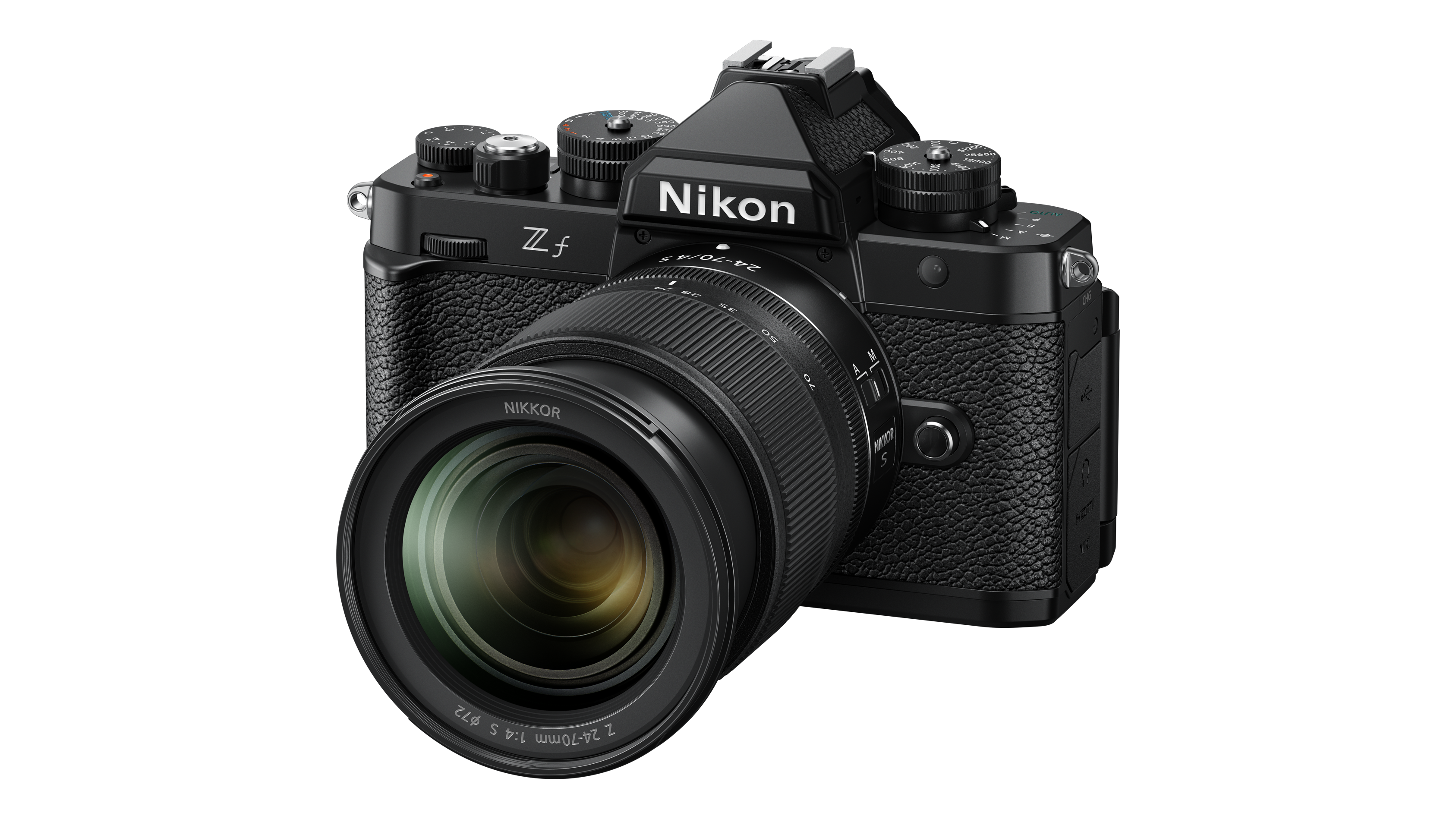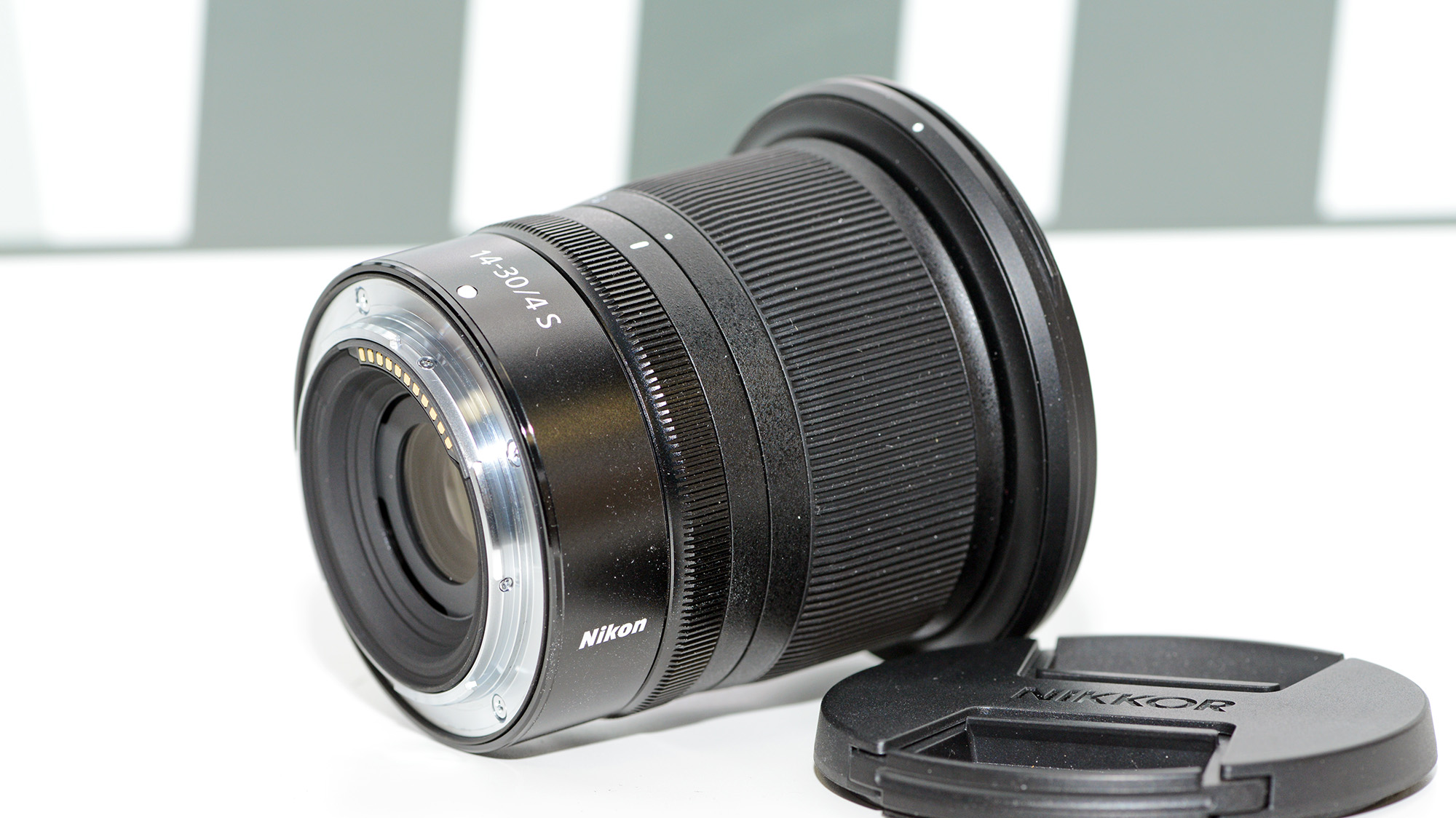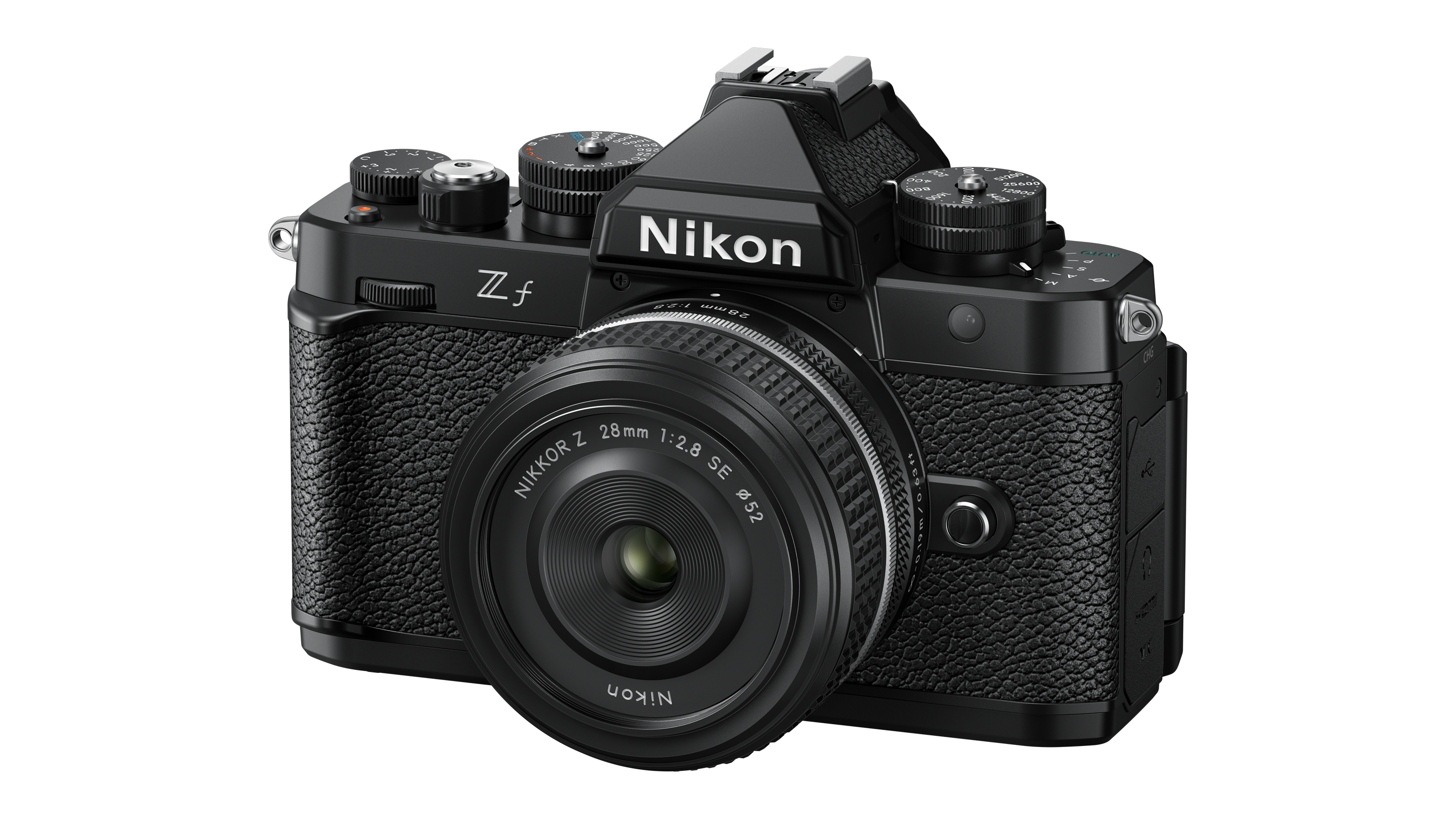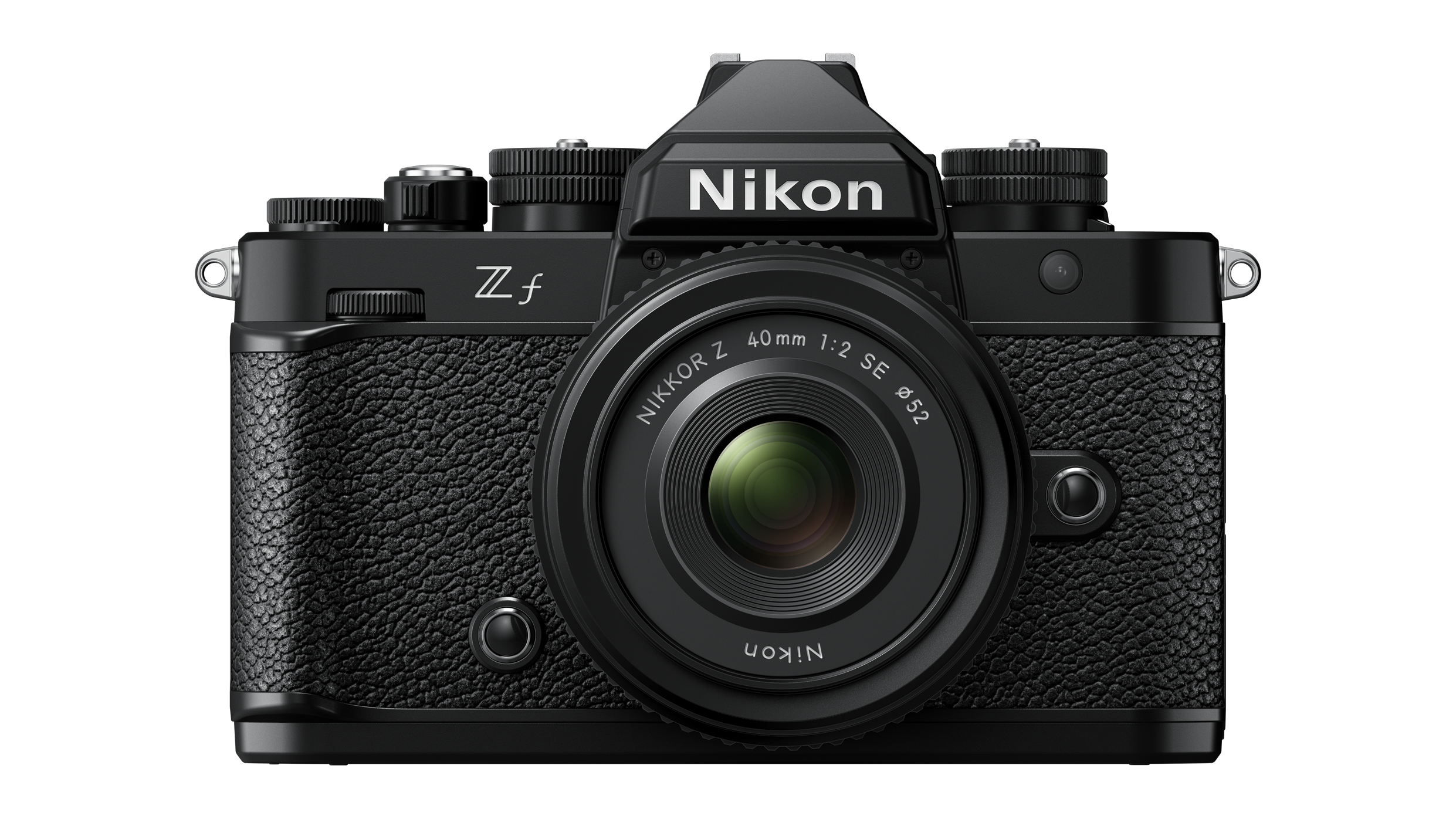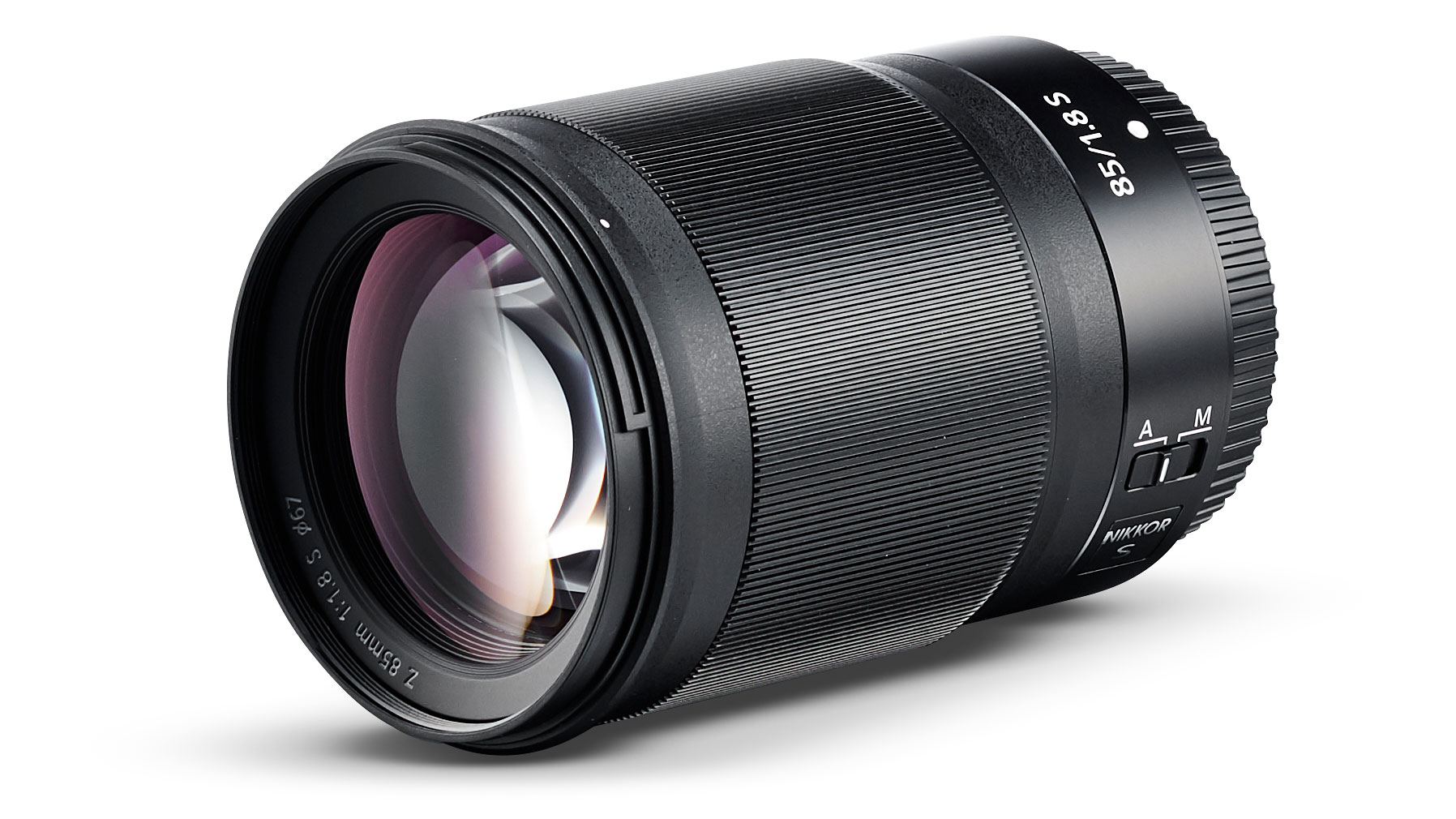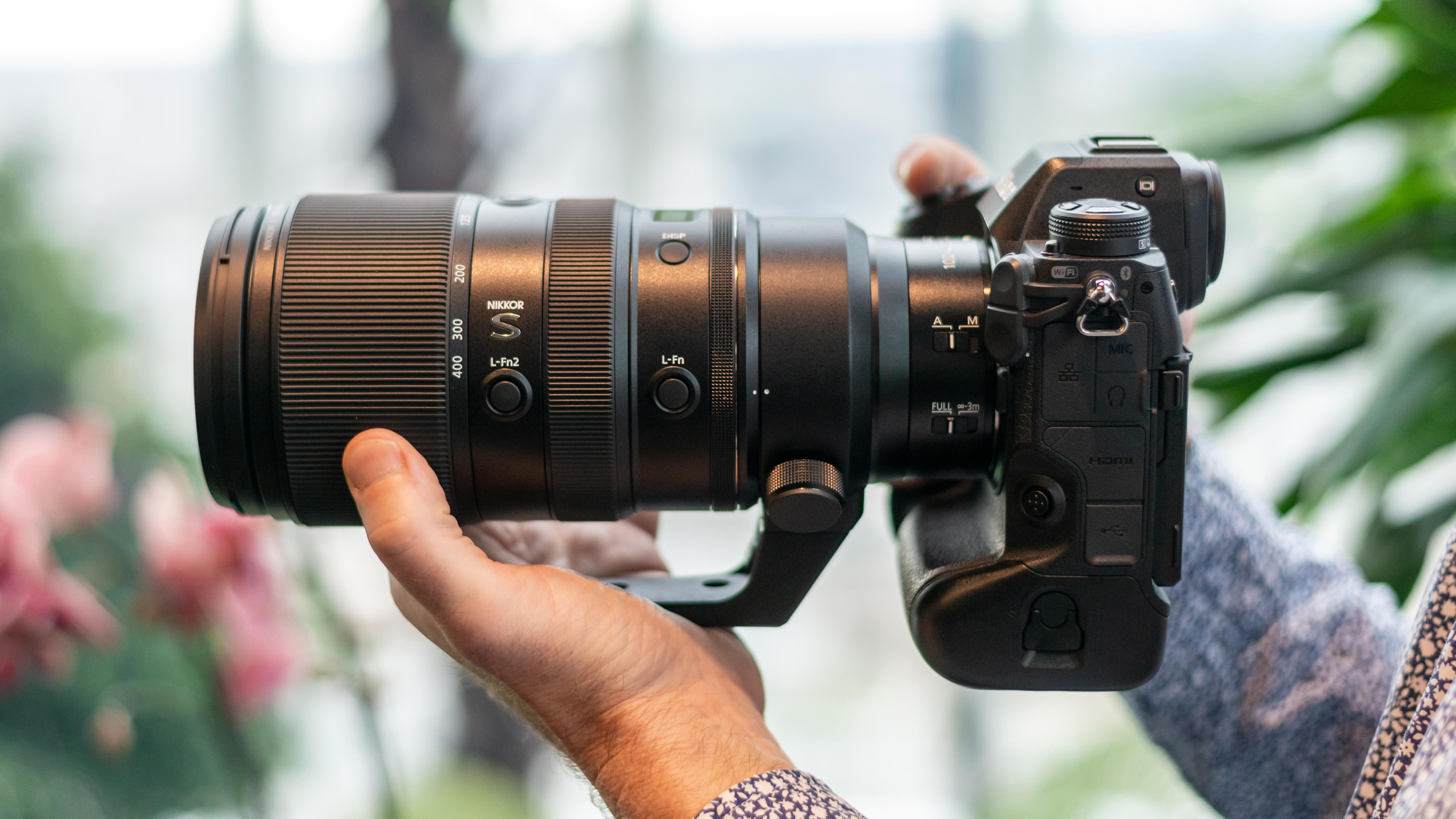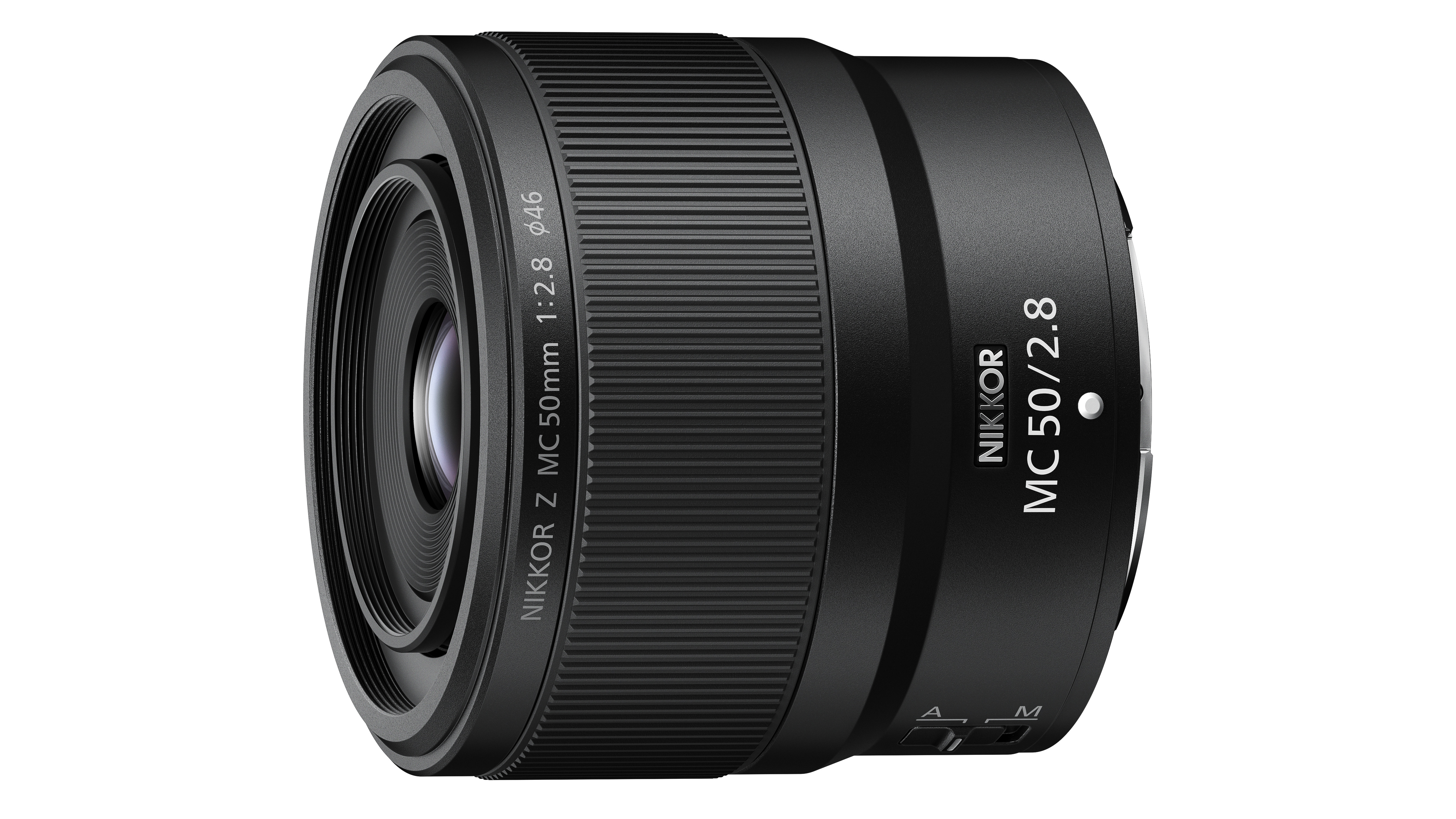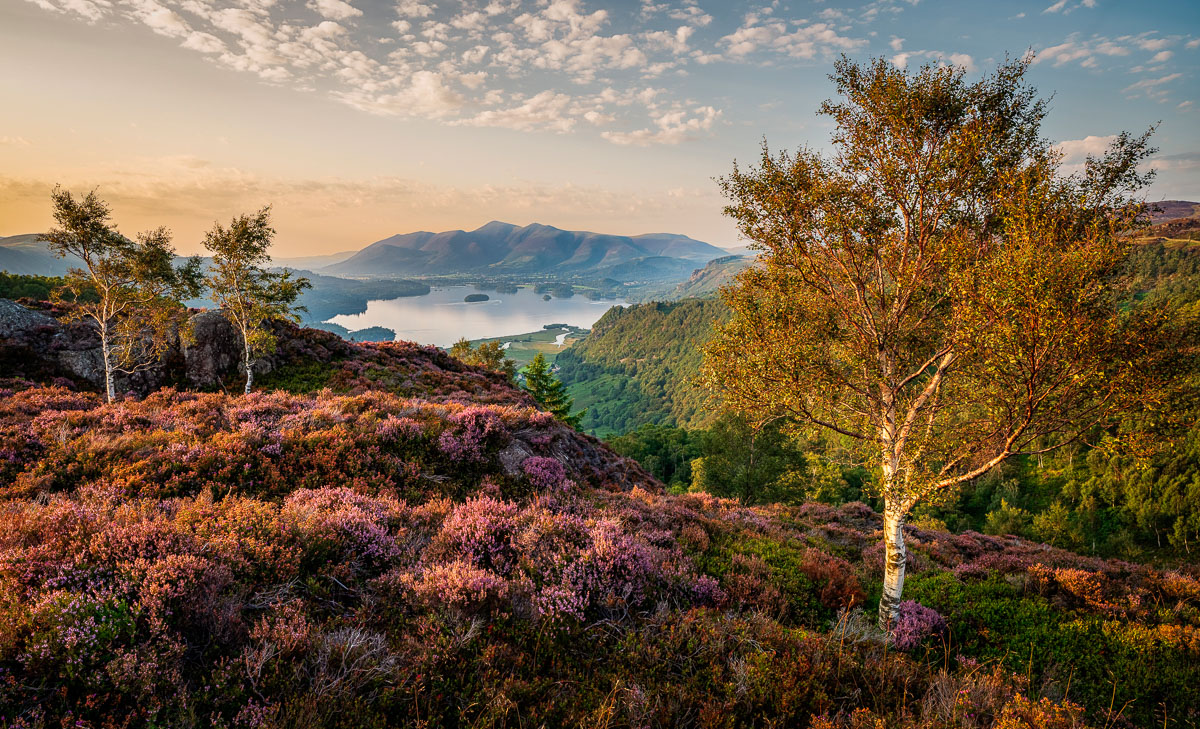The best lenses for the Nikon Zf in 2026: high-performance yet stylish glass
I think that the best lenses for the Nikon Zf need to fit with its retro-styling but match its full-frame performance

The best camera deals, reviews, product advice, and unmissable photography news, direct to your inbox!
You are now subscribed
Your newsletter sign-up was successful
When I went about picking the best lenses for the Nikon Zf I wanted to be mindful of this camera's price, size and retro styling. And naturally, I've also been considering the kind of photographers who are drawn to it. If you’re interested in sports or wildlife, you'd probably choose the Nikon Z6 III, Z8 or Z9 instead, while if you’re more concerned with practicality, versatility and value, the Nikon Z5 II might be a better bet.
I think that the Nikon Zf is more of a 'body beautiful', and one that you'd probably choose with your heart as much as your head. It does have some of Nikon’s latest autofocus and video technologies, and is one of the best Nikon cameras to buy right now, but if you’re just as interested in how a camera looks and feels, then you’ll be interested in the best retro cameras as well.
So I'm definitely not going to simply repeat a list of the best Nikon Z lenses to suit a wide range of cameras. Instead, I'm picking out the ones that I think are the best fit for the Nikon Zf, its design and its price point. If I was spending my own money, here's what I'd go for.
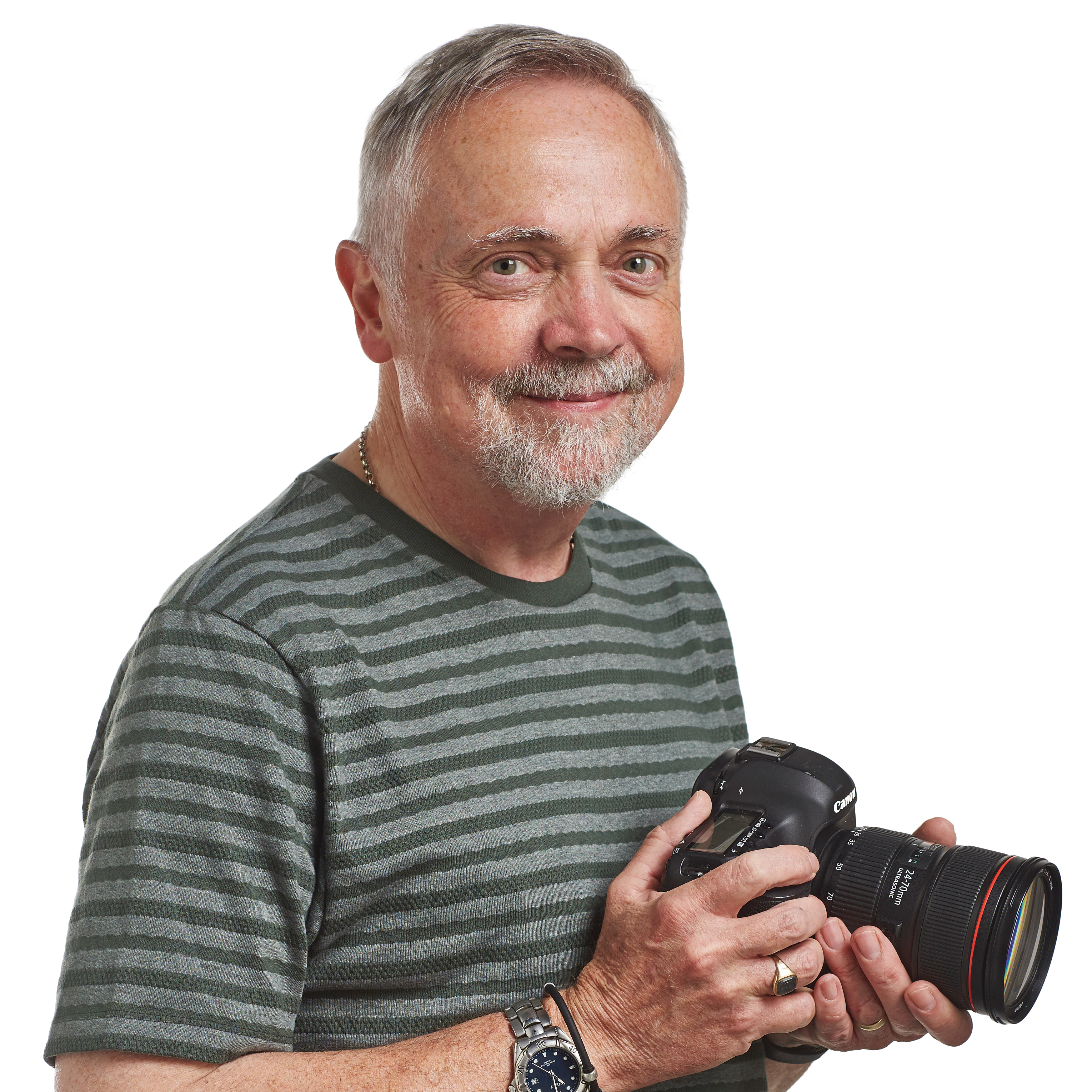
Rod is an independent photography journalist and editor, and a long-standing Digital Camera World contributor, having previously worked as DCW's Group Reviews Editor. He has used practically every interchangeable-lens camera launched in the past 20 years, from entry-level DSLRs to medium-format cameras, so he has the expertise to select the best Nikon lenses for you.
Best lenses for the Nikon Zf
Why you can trust Digital Camera World
Best everyday lens for the Zf
Specifications
Reasons to buy
Reasons to avoid
The Z 24-70mm f/4 S is one of the first lenses Nikon released for the full-frame Z system, and it’s still one of the best. Its retracting design makes it very compact for a lens of this focal range, and a good match for the Nikon Zf body.
The constant f/4 maximum aperture is one stop slower than Nikon’s pro-spec 24-70mm f/2.8, but that is a massively larger lens that costs a lot more money, and a lot of the time f/4 is going to be fine. Besides, the Zf has an excellent in-body stabilization system to handle slower shutter speeds.
There are other kit lens options for the Nikon Zf. The Nikon Z 24-50mm is even smaller, while the Nikon Z 24-120mm and Nikon Z 24-200mm have longer zoom ranges – but the 24-70mm f/4 still gets my vote.
Read our full Nikon Z 24-70mm f/4 S review
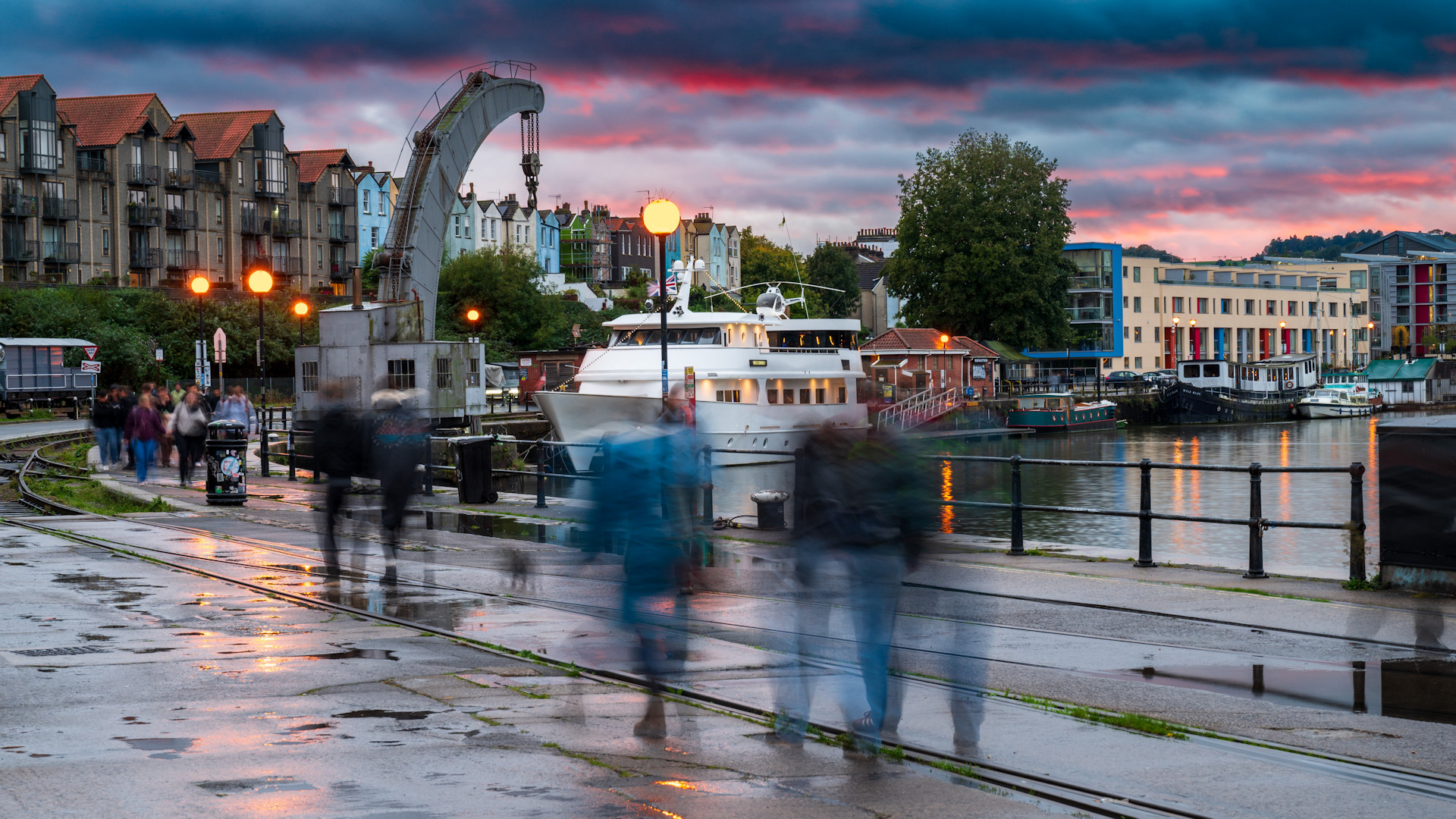
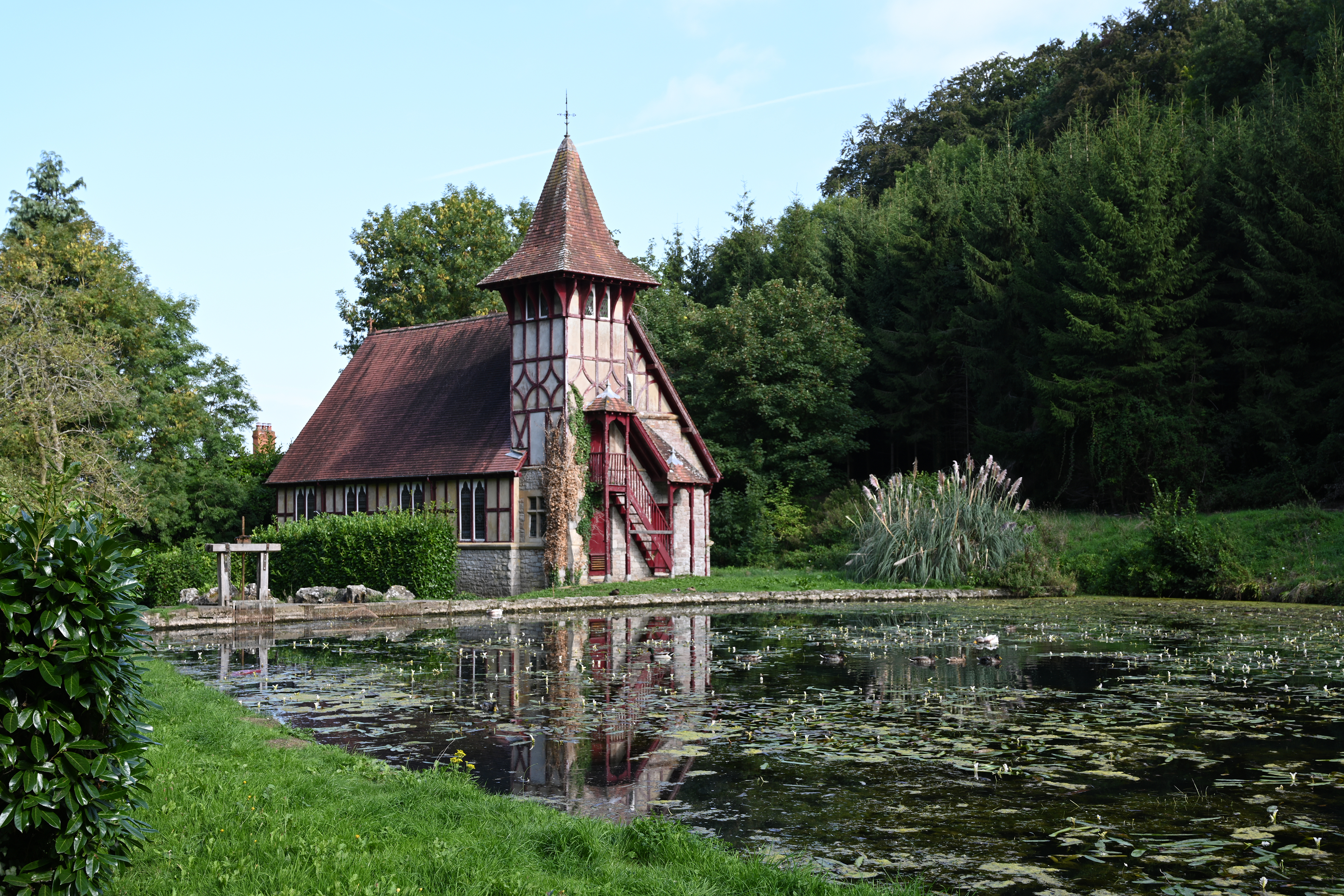
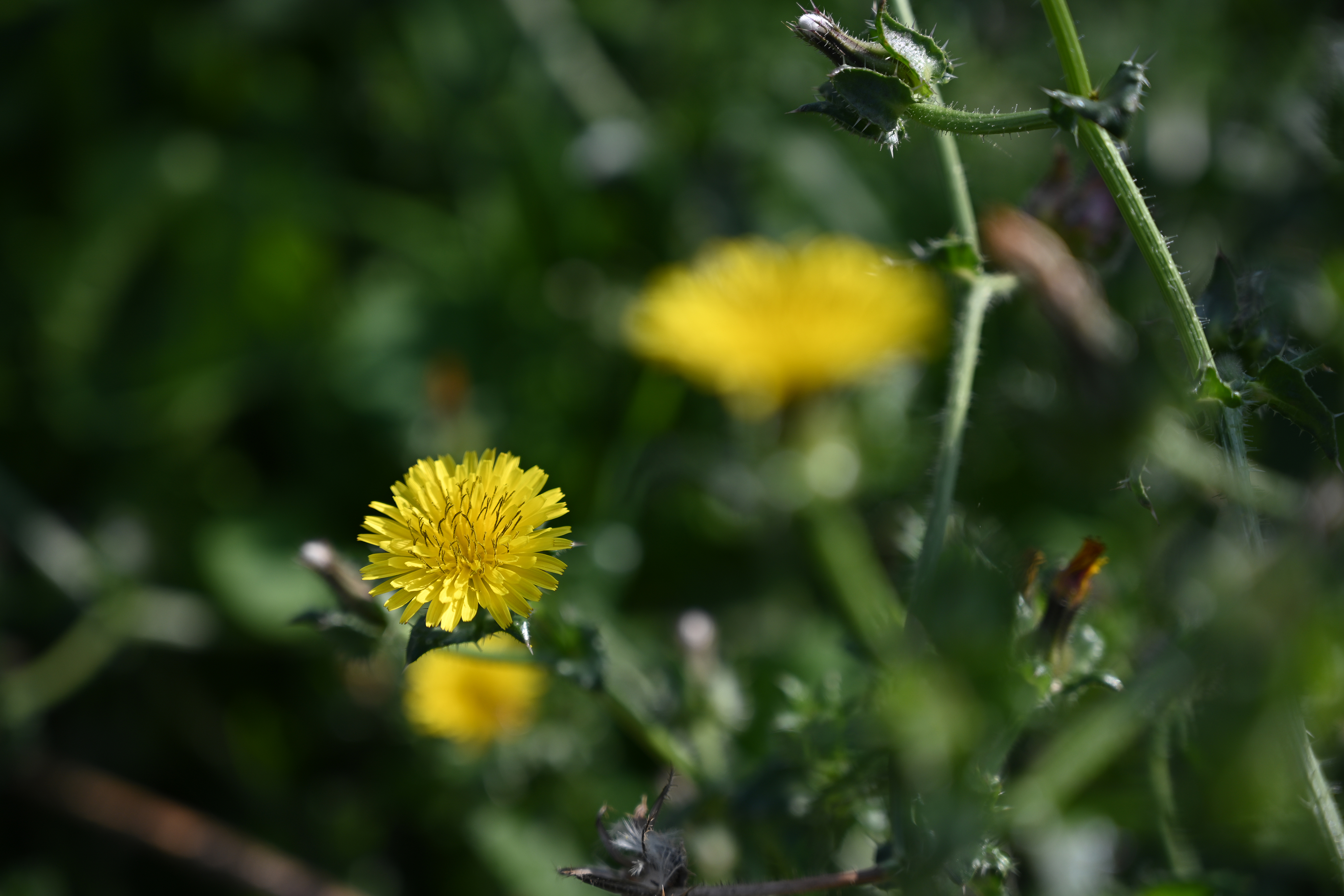
Features ★★★★1/2 | There's no optical VR, which is taken care of by host cameras' IBIS, and the f/4 max aperture is relatively slow. |
Design ★★★★1/2 | It's compact when stowed, thanks to a retractable design, and an A/M focus mode adds convenience. |
Performance ★★★★★ | This was the first -Z-mount lens we ever tested, and its image quality and performance continue to impress. |
Value ★★★★1/2 | It's relatively pricey for an f/4 standard zoom, but you are getting S-line optics. |
Best wide-angle lens for the Zf
Specifications
Reasons to buy
Reasons to avoid
Here’s an early Z-mount Nikkor lens that I really rate. It’s a constant f/4 lens rather than Nikon’s later f/2.8 pro lens, but it’s far smaller, far less expensive, and a much better match for the Nikon Zf body.
The 14mm minimum focal length is very wide indeed on a full-frame camera, while the 30mm maximum focal length makes this a practical walkabout lens too, especially for travel photography where you’re often photographing narrow streets, tall buildings, and spectacular interiors. Like the Nikkor Z 24-70mm, this lens has a retracting mechanism to make it extra-portable. It also has excellent optical performance.
Read our full Nikon Z 14-30mm f/4 S review
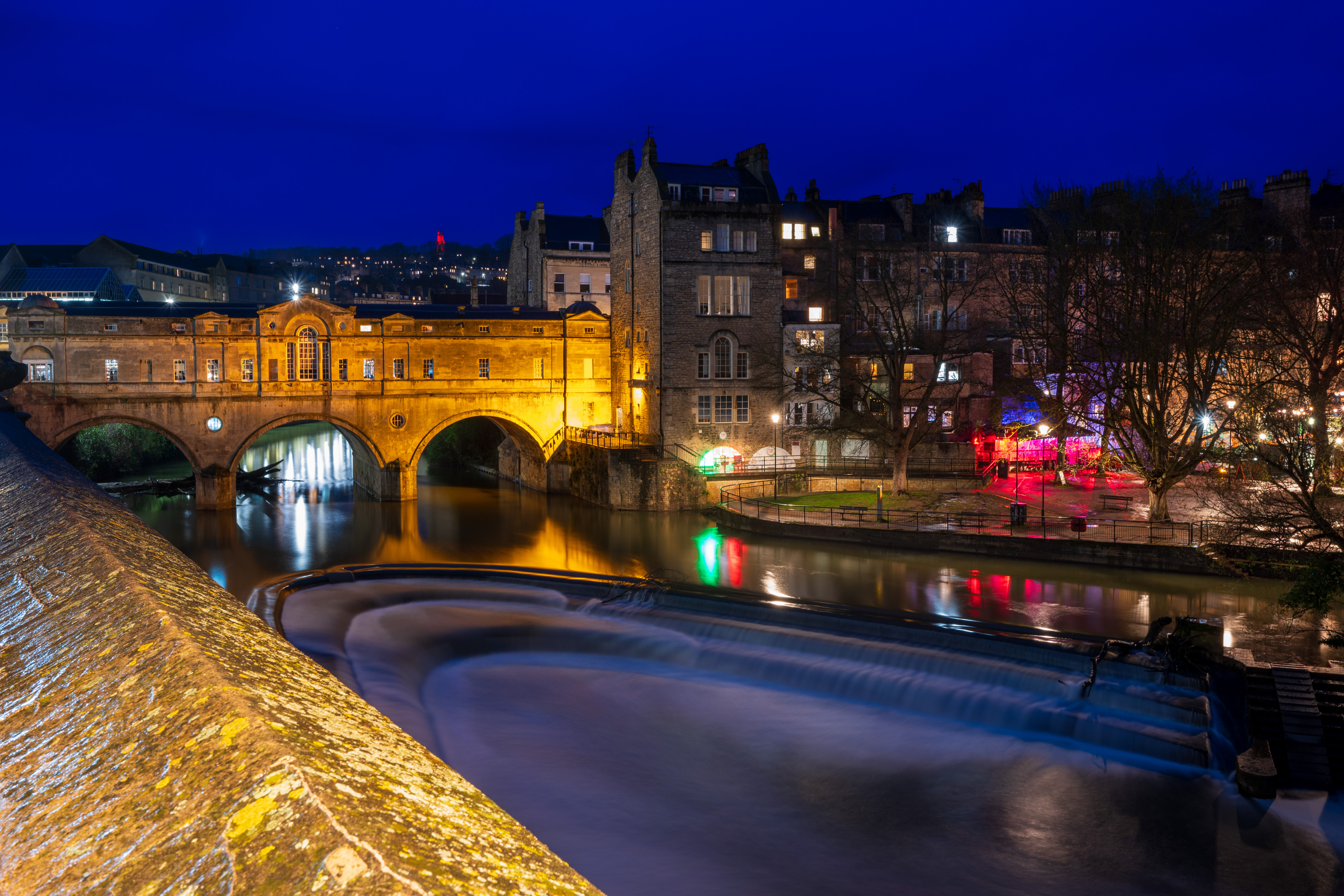
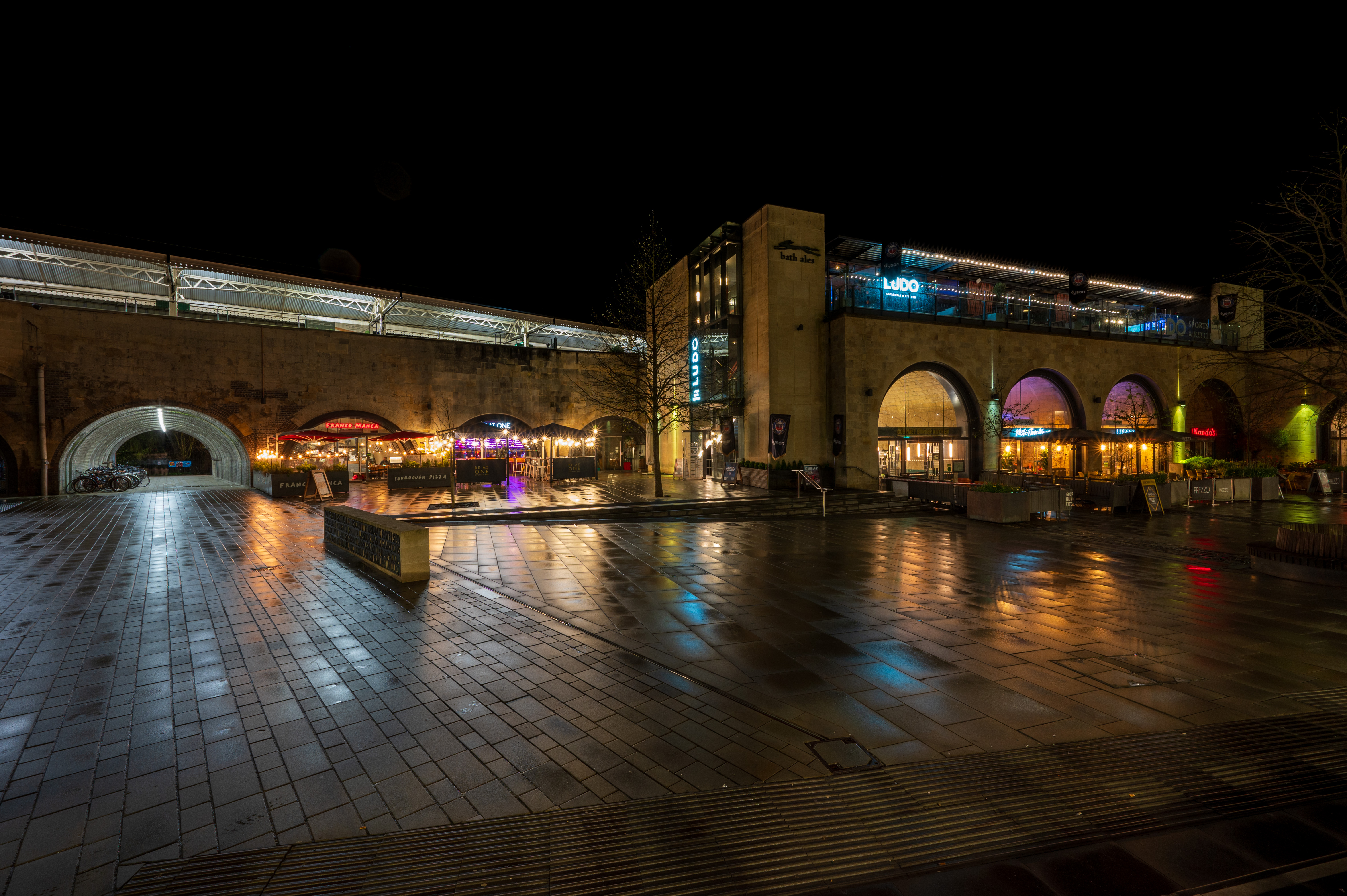
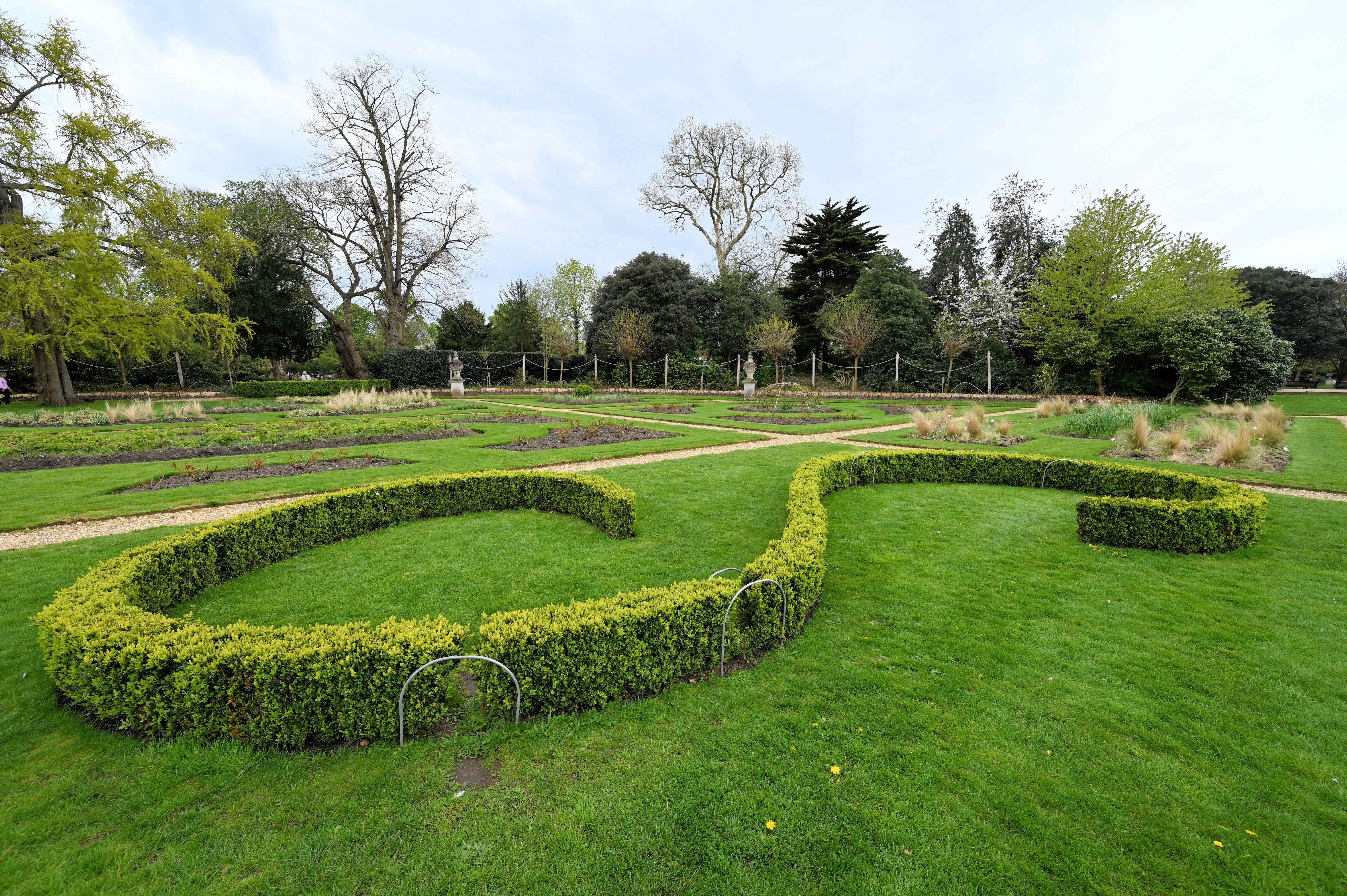
Features ★★★★★ | The removable hood enables easy use of filters, and there’s a lot of up-market glass and Nano Crystal Coat. |
Design ★★★★★ | Stowage size is kept to a minimum thanks to a neat retractable design. An A/M focus mode switch is also fitted. |
Performance ★★★★★ | The lens delivers superb sharpness and clarity, right out to the extreme edges and corners of the frame. |
Value ★★★★★ | It’s great value for such a high-performance lens, if you don’t feel the need for a ‘trinity’ f/2.8 zoom. |
Best compact wide-angle lens for the Zf
Specifications
Reasons to buy
Reasons to avoid
The Z 28mm f/2.8 first made an appearance with the launch of the APS-C Nikon Z fc, where it acted as a 42mm ‘standard’ prime thanks to the smaller sensor’s crop factor. However, it is a full-frame lens, so it works perfectly well on the Nikon Zf.
It comes in two versions – a ‘plain’ version, which is a little cheaper, and this ‘SE’ version, which mirrors the retro styling of the Nikon Zf. This costs just a little more, but it’s the one I’d go for, even though it’s optically identical.
The 28mm focal length isn’t the widest, and the f/2.8 maximum aperture isn’t the fastest, but this is a very attractive, compact, and affordable lens for any Nikon Zf owners who want to dabble in street photography with a light and inconspicuous setup. This lens doesn’t have a VR (Vibration Reduction) system, but while that might be a drawback on the smaller Z fc, the Nikon Zf has in-body stabilization.
Read our full Nikon Z 28mm f/2.8 SE review
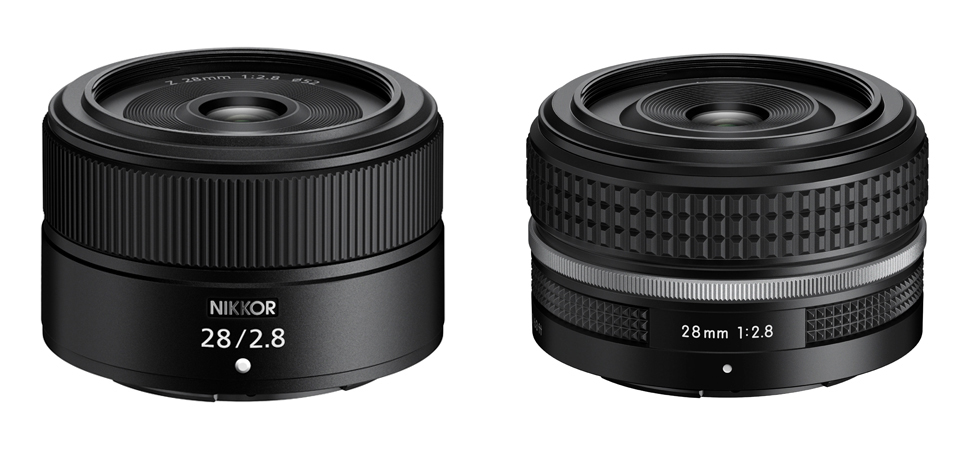
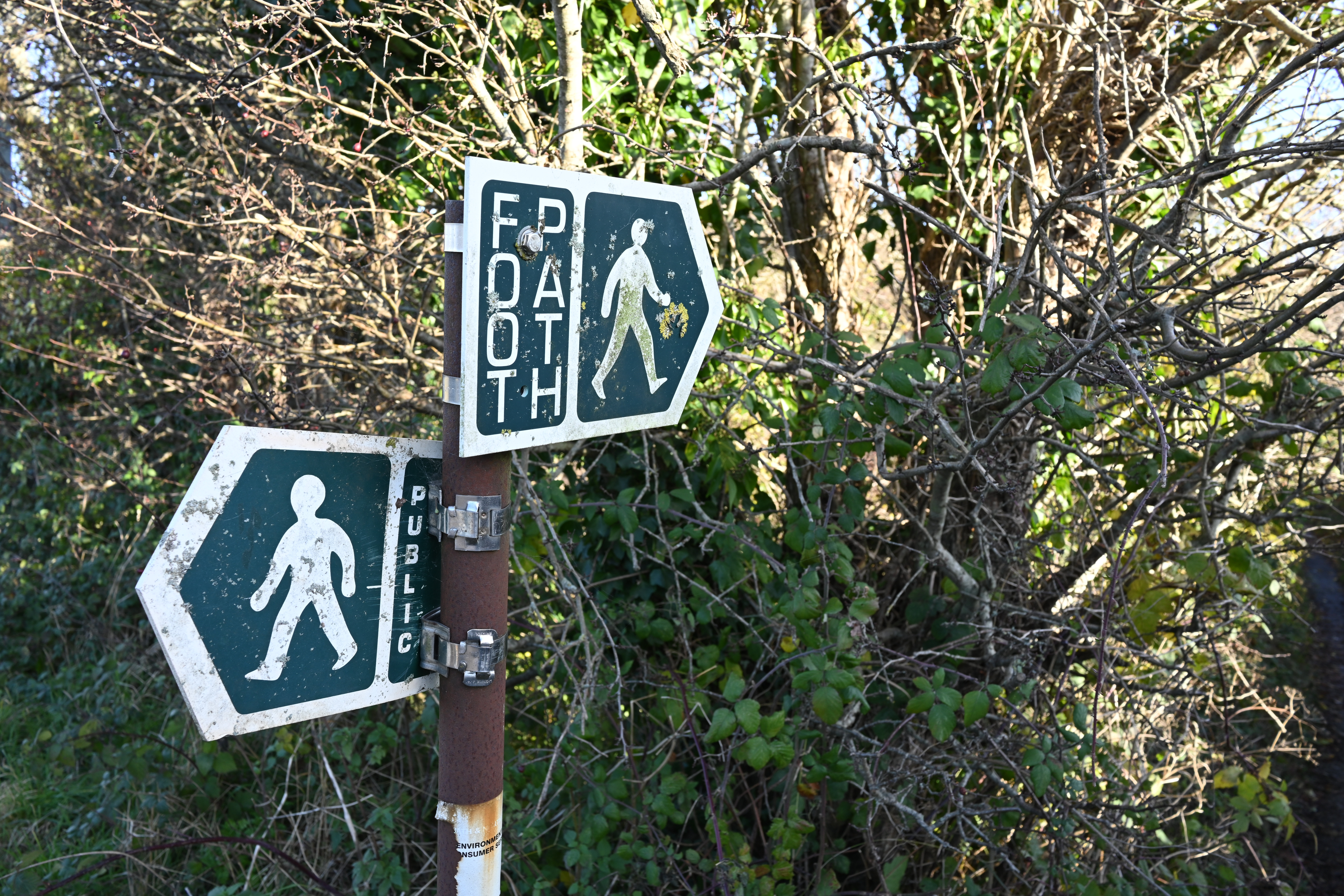

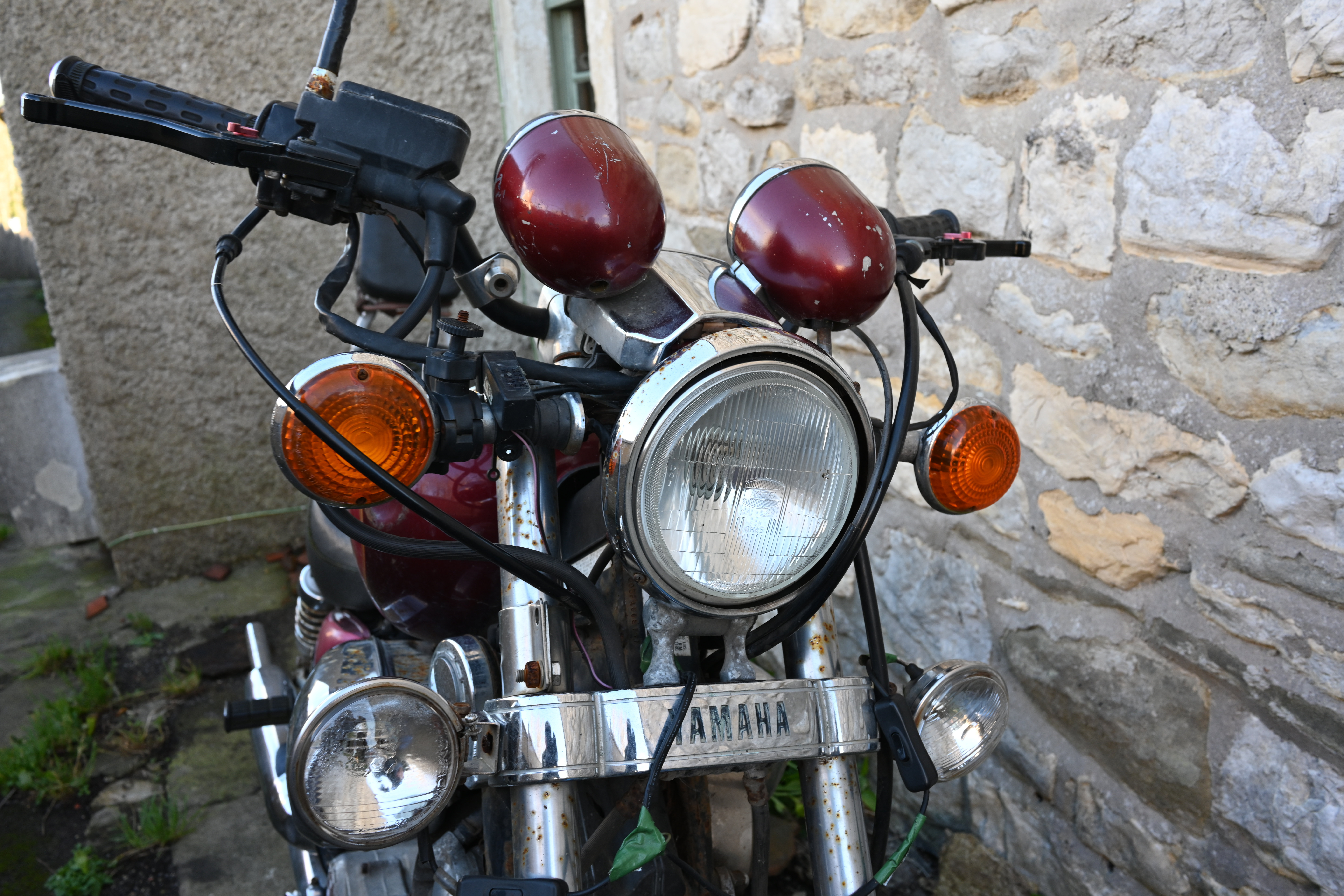
Features ★★★★☆ | The f/2.8 aperture is relatively slow for a prime lens, and optical path is quite basic. |
Design ★★★★☆ | It's compact and lightweight, but the only lens-based control is the focus ring. |
Performance ★★★★1/2 | Sharpness is very impressive even when shooting wide open, at the albeit modest f/2.8 aperture. |
Value ★★★★1/2 | You pay a little extra for the SE version of the lens, which has retro styling to suit the Nikon Zf. |
Best compact standard lens for the Zf
Specifications
Reasons to buy
Reasons to avoid
Here’s another compact Nikon Z-mount prime lens available in two versions. We reviewed the regular ‘vanilla’ model, and this is the one that’s being sold as a bundle with the Zf by many retailers, but I'd go for the ‘SE’ version, which has the same retro styling as the Z 28mm f/2.8 SE.
The 40mm focal length of this lens is a little wider than the 50mm most consider ‘standard’, but it’s only a little longer than semi-wide 35mm lenses, which are equally popular – 40mm is a surprisingly useful focal length. The f/2 maximum aperture might seem modest compared to the f/1.8 or f/1.4 of many rival lenses, but it’s plenty for everyday use, and helps create this lens’s appeal – its small size and its low cost.
Read our full Nikon Z 40mm f/2 review
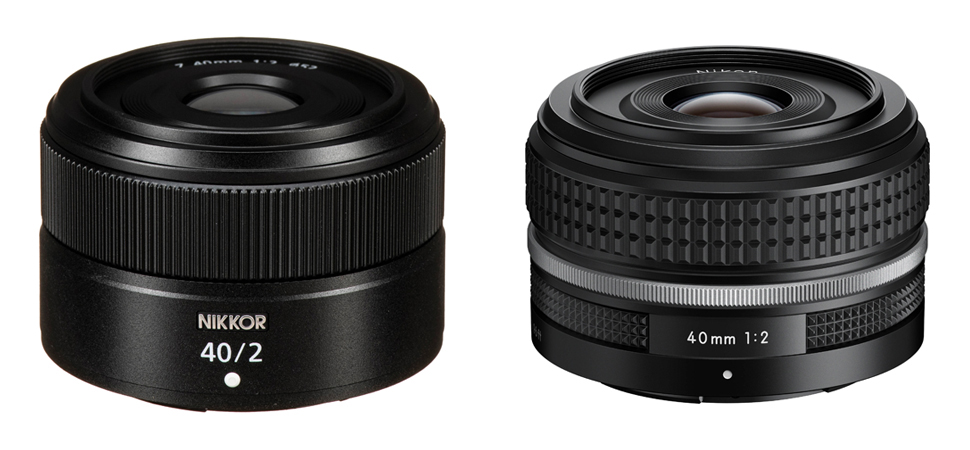
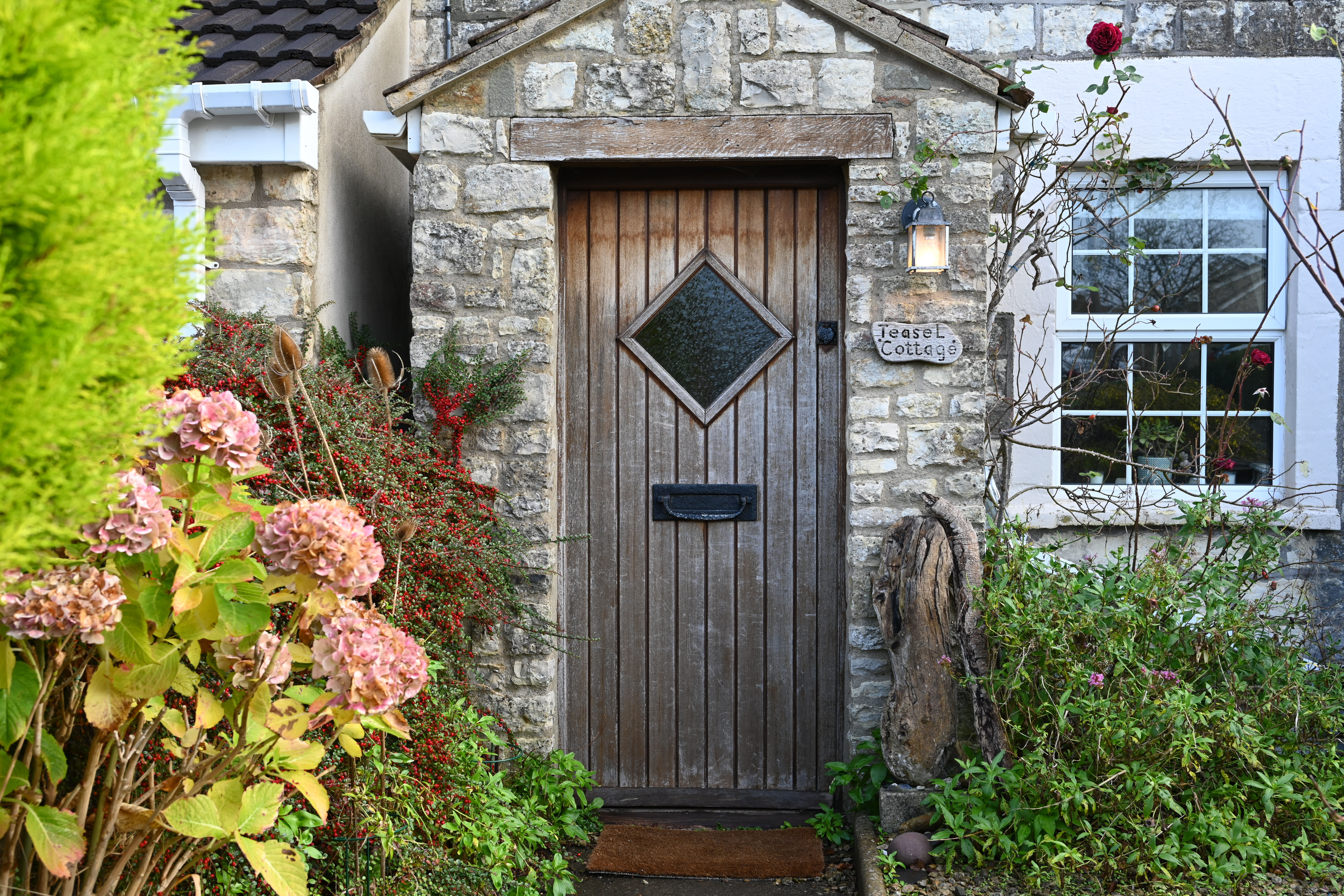

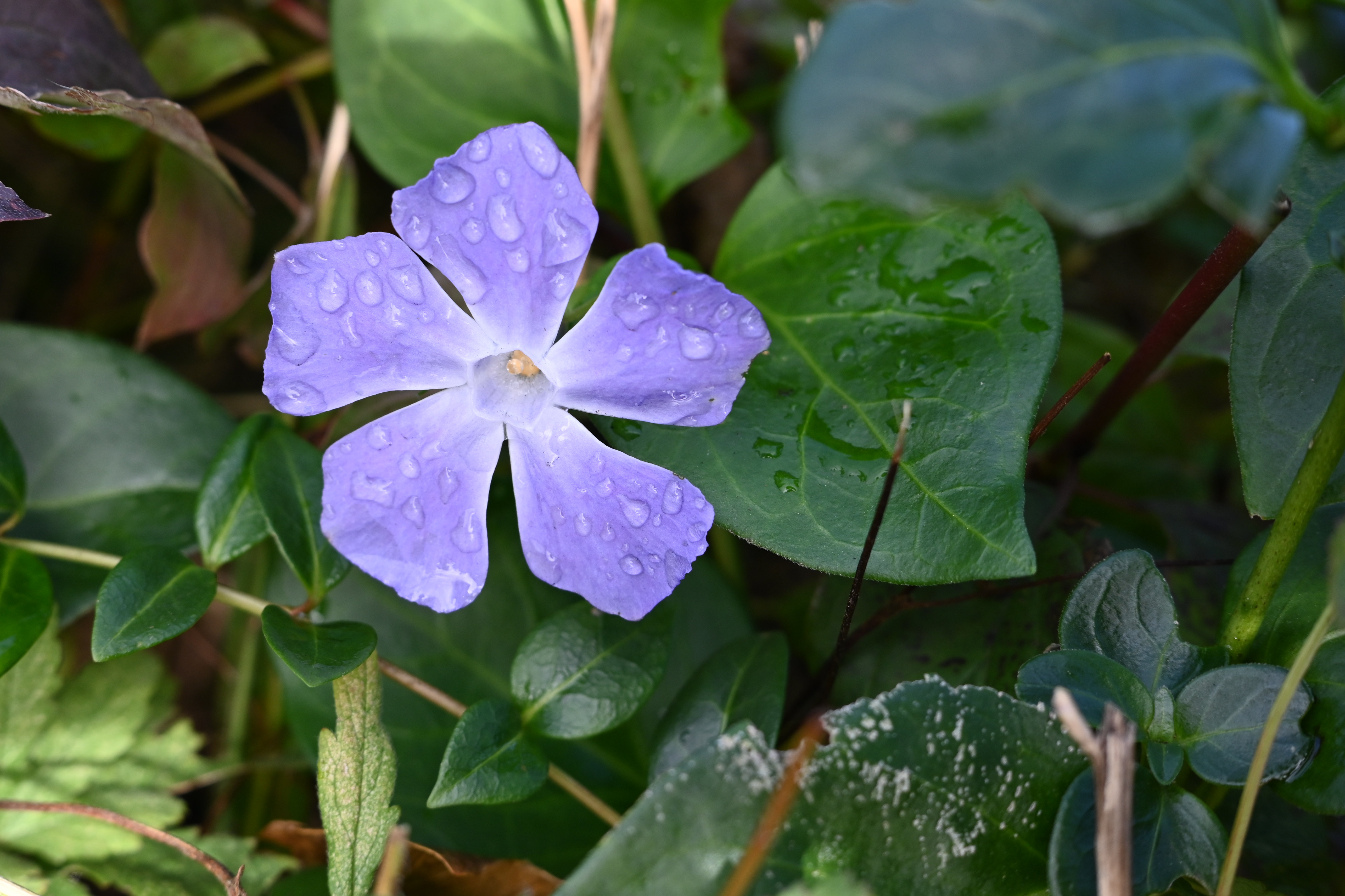
Features ★★★★☆ | It's based on just six optical elements arranged in four groups, there's no optical VR and a Nikon lens hood isn’t available, even as an optional extra. |
Design ★★★★☆ | This SE version of the lens has retro styling, but there’s no auto/manual focus switch. |
Performance ★★★★1/2 | The lens punches above its diminutive size and weight, with impressive sharpness, pleasing bokeh, and minimal color fringing and distortion. |
Value ★★★★★ | This goes to prove that good things really can come in small packages, and at a bargain price. |
Best portrait lens for the Zf
Specifications
Reasons to buy
Reasons to avoid
There’s nothing to stop you taking portraits with any lens, but ‘portrait’ lenses like the Z 85mm f/1.8 S are specially made for the job. The 85mm focal length means you stand slightly further away from your subject, which reduces the effects of perspective and is much more flattering, while a fast maximum aperture means you can blur backgrounds more effectively and get better subject separation.
Nikon also makes a Z 85mm f/1.2, but it’s not just massively more expensive, but massive all round, and I reckon the f/1.8 version is much more practical for use on the Nikon Zf.
Read our full Nikon Z 85mm f/1.8 S review
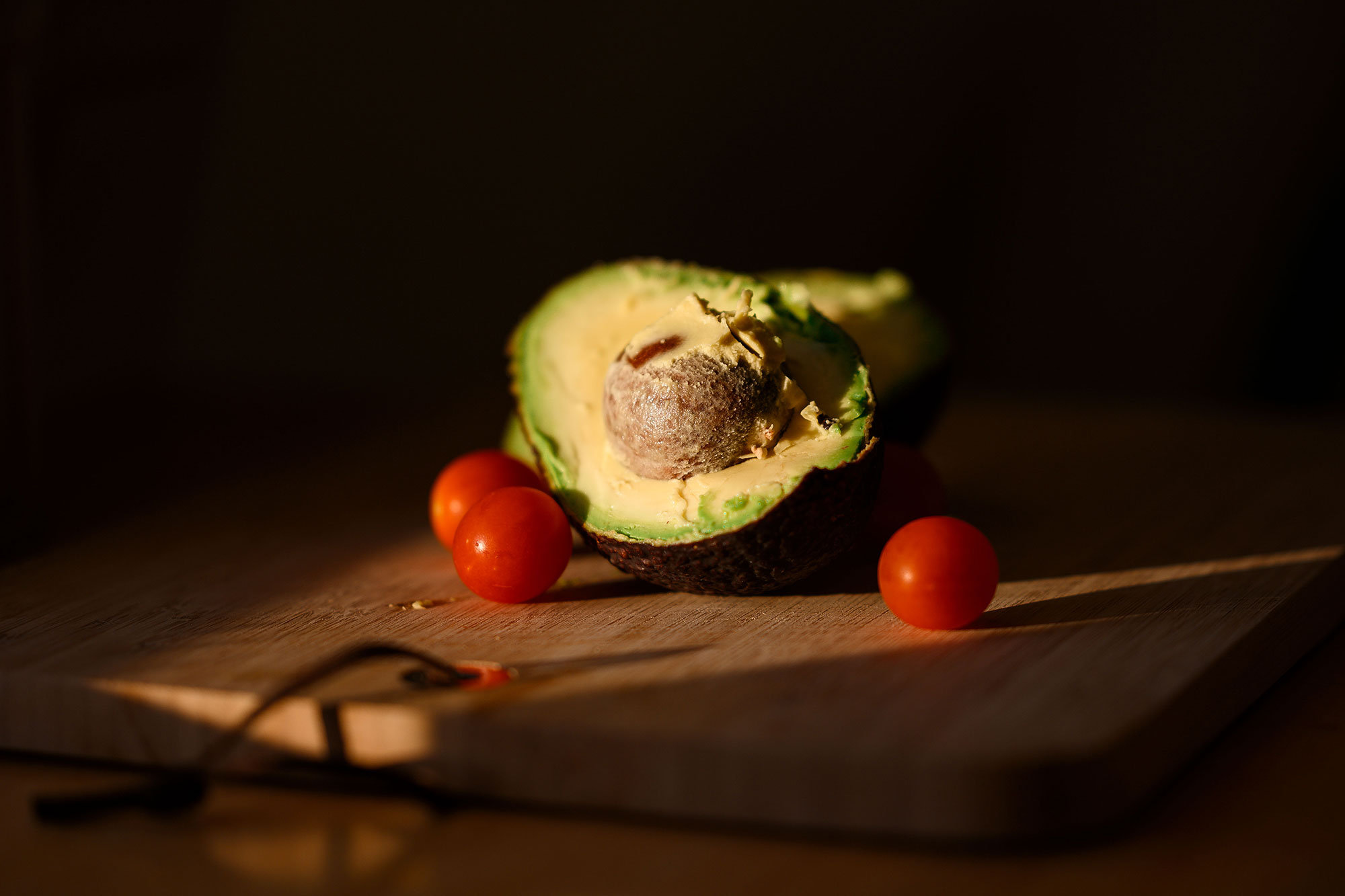

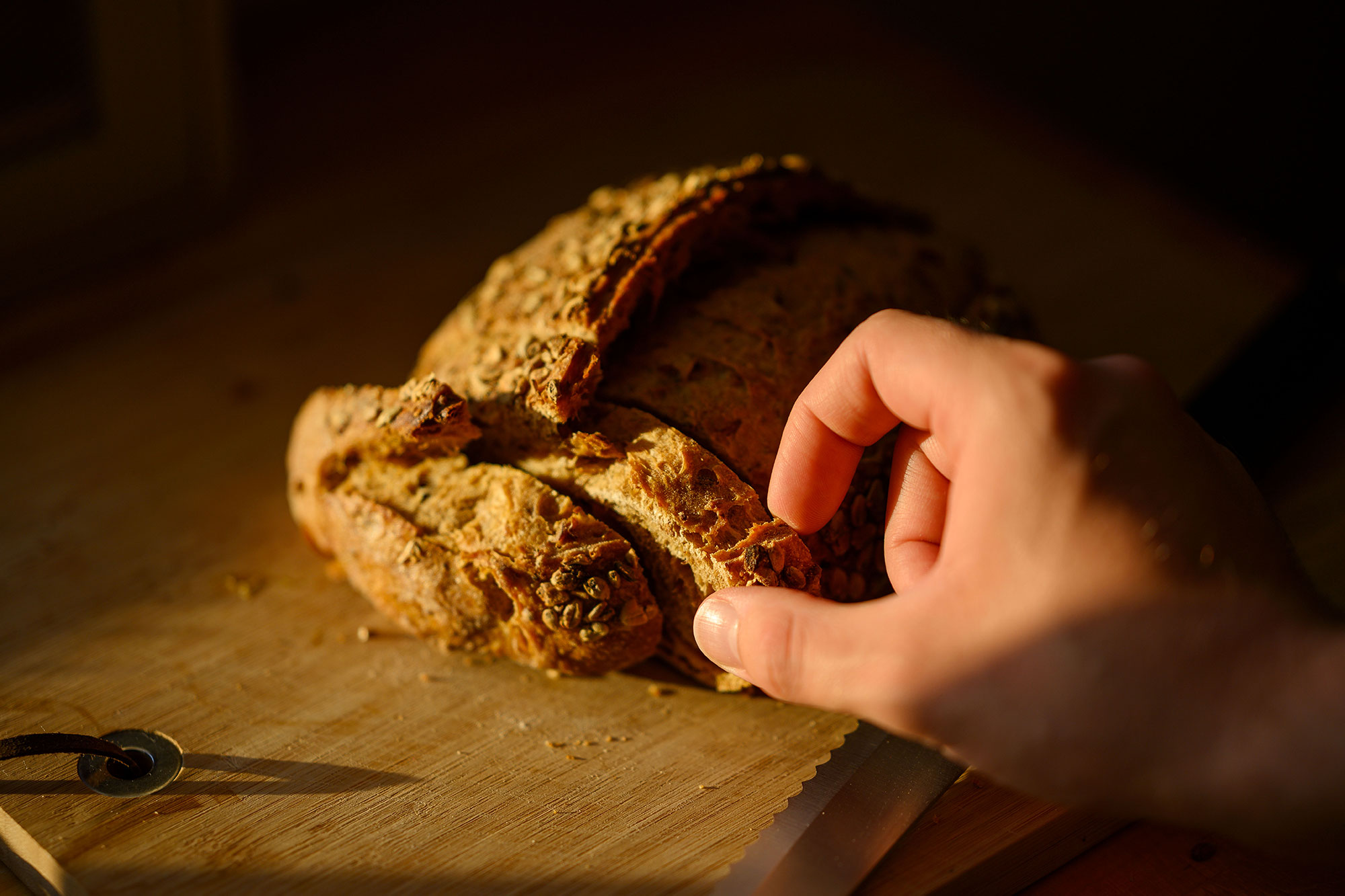
Features ★★★★★ | Like its 50mm sibling, this S-line lens doesn’t look anything special but packs strong features in terms of glass and coatings. |
Design ★★★★★ | It’s not overly compact for an 85mm f/1.8 prime but the optical path is quite complex and the lens is weather-sealed. |
Performance ★★★★★ | Perfect for portraiture, the combination of focal length and aperture helps to deliver superb sharpness and beautiful bokeh. |
Value ★★★★☆ | It’s pricey for an f/1.8 lens but at least it’s less than a third of the price of the Z 85mm f/1.2. |
Best telephoto lens for the Zf
Specifications
Reasons to buy
Reasons to avoid
Choosing the best telephoto zoom for the Nikon Zf is slightly trickier than some of the other recommendations in this list. The Z 100-400mm f/4.5-5.6 VR S is a superb lens that offers a very flexible range of focal lengths and extra stabilization from its own VR mechanism, which works in tandem with the in-body stabilization of the Nikon Zf itself. It is, however, a big and expensive lens, so it’s definitely a premium purchase.
You might also want to look at the Nikon Z 180-600mm, which has a longer range and costs rather less. However, as sports and wildlife fans already know, high-quality telephoto zooms don’t come cheap.
Read our full Nikon Z 100-400mm f/4.5-5.6 VR S review
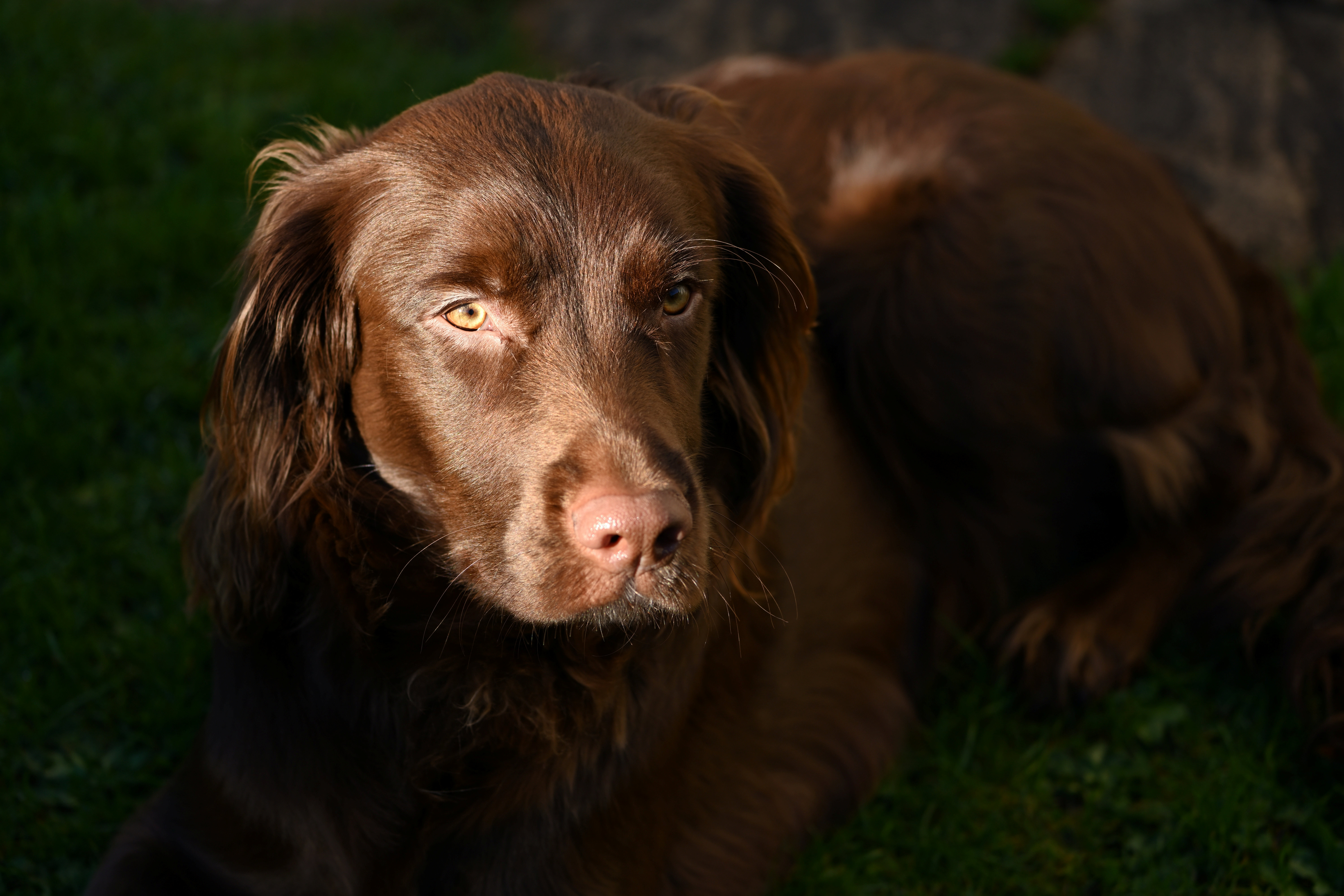
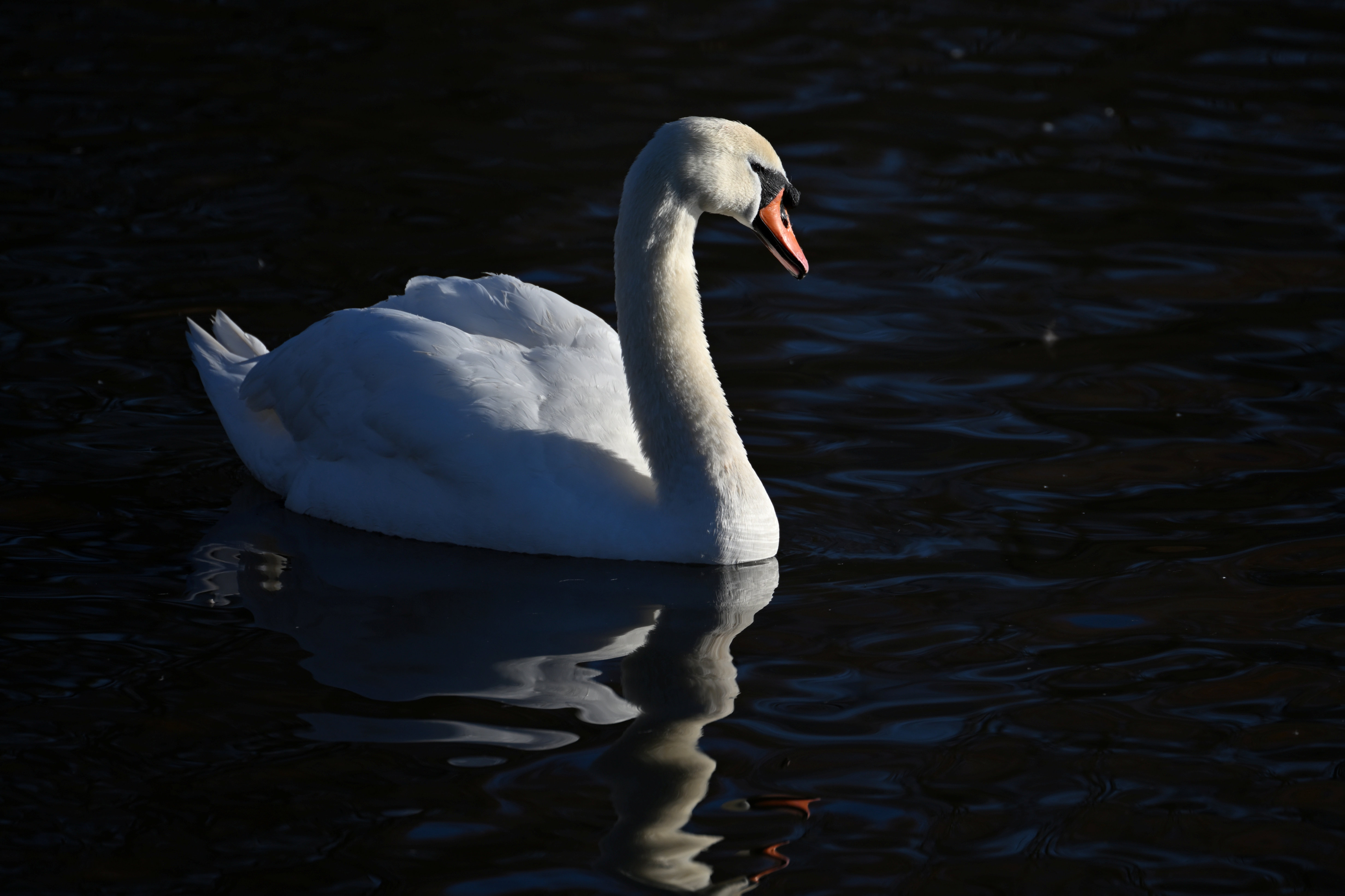
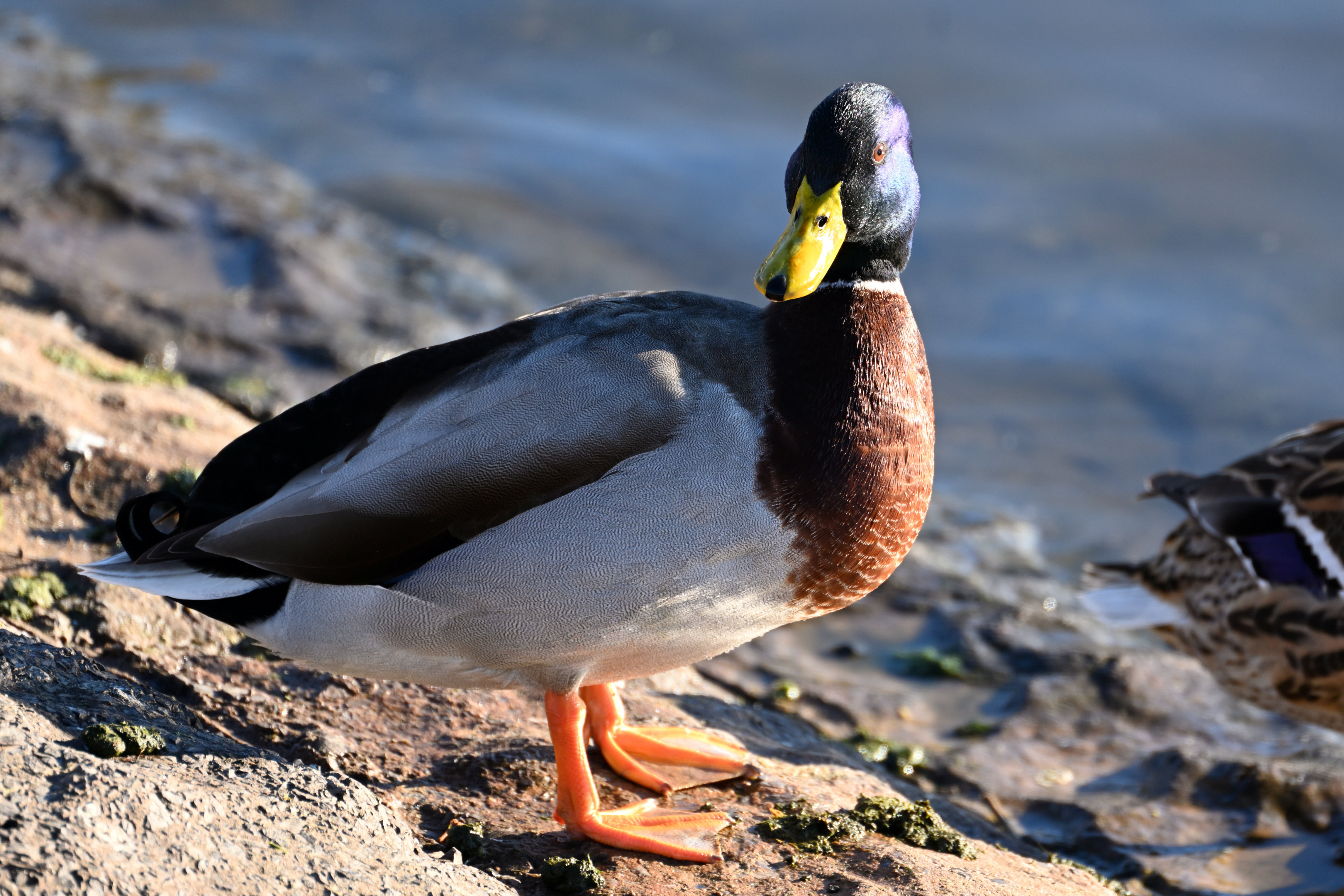
Features ★★★★★ | High-end features include plentiful customizable controls and function buttons, super-fast autofocus and 5.5-stop optical VR. |
Design ★★★★★ | The pro-grade design oozes quality and handling is terrific, although the lens is definitely no lightweight. |
Performance ★★★★★ | Scintillating sharpness is boosted in practical terms by the consistently accurate autofocus and highly efficient stabilization. |
Value ★★★★☆ | Pro-grade lenses never come cheap but this one good value for money at the price. |
Best macro lens for the Zf
Specifications
Reasons to buy
Reasons to avoid
If you’re into close-ups, you’re going to need a macro lens, as regular lenses just won’t focus close enough. A ‘macro’ lens, however, can focus so close that objects are reproduced at their actual size on the image sensor, so if you find an insect 36mm long, for example (eek!), it will completely fill the width of the frame. The only disadvantage with this lens is that its focal length of 50mm means you do have to get really close to your subjects at maximum magnification.
Nikon does make a larger Nikon Z MC 105mm f/2.8 macro lens that lets you shoot from further away, but the 50mm version is smaller, lighter, and a lot less expensive – and you can even use it as a ‘standard’ 50mm prime for everyday photography.
Read our full Nikon Z MC 50mm f/2.8 review

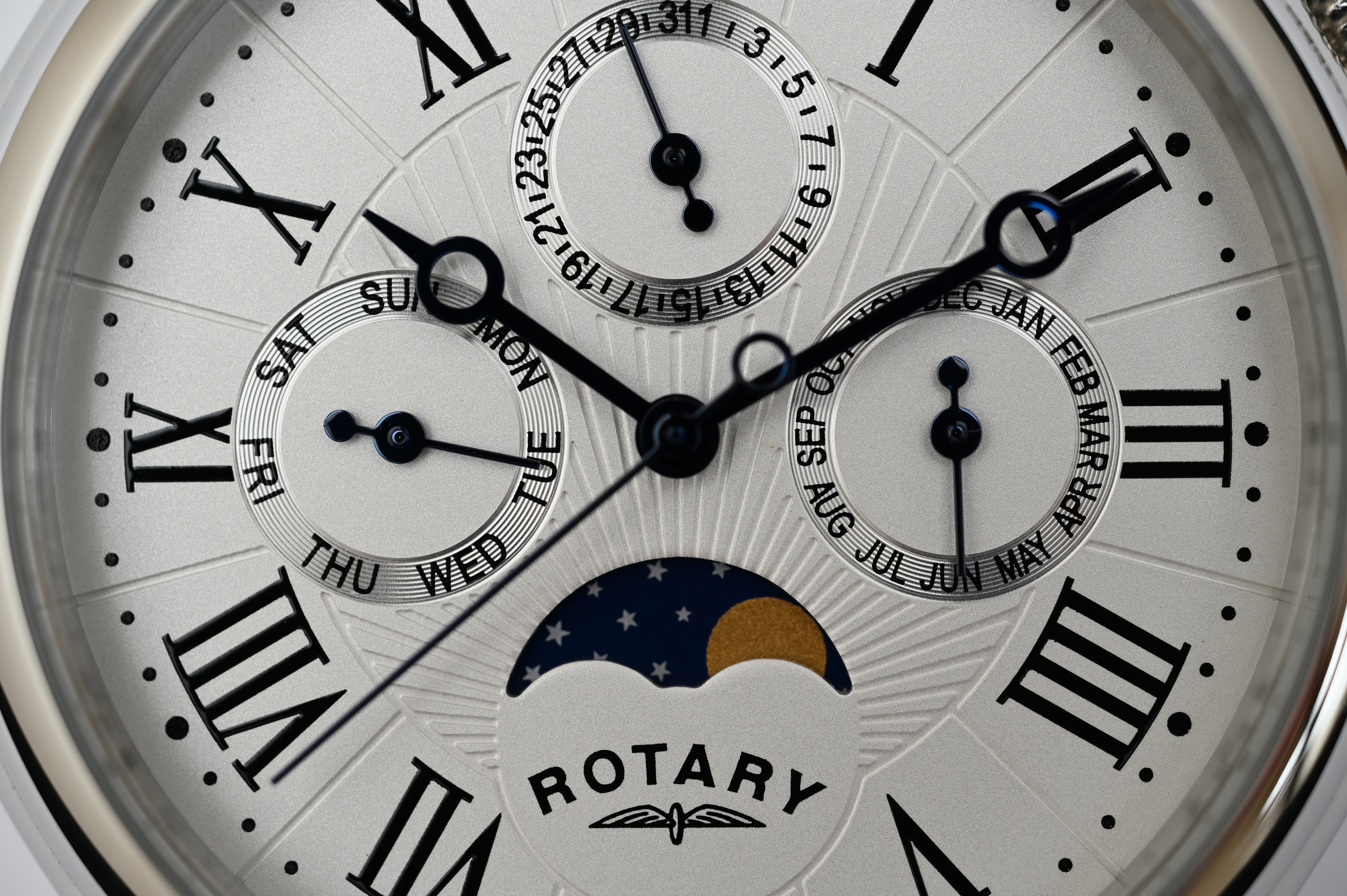

Features ★★★★☆ | There’s no VR but the lens does deliver full 1.0x macro magnification, complete with an autofocus range limiter. |
Design ★★★★☆ | The extending inner barrel has focus distance and magnification scales but reduces the working distance to just 2 inches at maximum magnification. |
Performance ★★★★☆ | Center-sharpness is excellent and remains so even at narrow apertures, often desirable for gaining a little depth of field in macro photography. |
Value ★★★★☆ | It’s like having two lenses in one, and while it's main purpose is for macro, it makes a great 'nifty fifty' standard prime for everyday shooting. |
Lab data and comparisons
The graphs below show the comparative performance of the lenses in this guide, based on our in-house lab tests. Despite being reasonably compact and lightweight lenses, compared with the fastest Z-mount optics, all of the lenses in this group show impressive sharpness. The Z 85mm and Z MC 50mm macro are standout performers. Some have close to zero distortion, while the Z 40mm shows some barrel distortion when uncorrected in-camera. Color fringing is typically of a low order.
Scores for sharpness and color fringing are averaged from data taken across the entire image frame, from the center to the edges and corners, throughout the aperture range. For zoom lenses, the scores are also averaged from data measured at all marked focal lengths, and the same applies to distortion. Bear in mind that these average values don't fully reflect specific areas of performance. For example, a zoom lens might have noticeable barrel and pincushion distortion at its shortest and longest focal lengths, respectively, which tends to average out when looking at the data overall. For more detailed graphs of each lens's performance, which give the full picture, check out the graphs in our full standalone lens reviews.
How to choose the best lens for the Nikon Zf
Which lenses fit the Nikon Zf?
The Zf uses the Nikon Z mount and is compatible with all lenses designed for that mount. Nikon’s own Z-mount lenses all have Z at the start of their model names.
Some Z-mount lenses are designed for use with APS-C format cameras rather than full-frame cameras such as the Zf. Nikon lenses that fall into this category have DX as part of their model names. While they physically fit on the Zf, these lenses produce a cropped image, so they’re not ideal. None of the lenses in this guide is a DX-format lens.
If you are buying a third-party lens for the Zf, always check that it is designed for full-frame (or FX) Nikon Z cameras, rather than APS-C (or DX) Nikons.
The Zf is also able to use F-mount lenses, which are made for use with Nikon’s DSLR cameras. For this, you need an adaptor such as the Nikon Mount Adapter FTZ II. The idea is that owners of older DSLR cameras can buy a Z camera and still use their old lenses.
How do I know which lens to get for my Zf?
The reason there are so many types of lenses in the first place is that different scenes demand different lens designs, particularly when it comes to focal length and aperture rating.
Usually, you will decide what you want to photograph, then get a lens with the focal length that suits the situation. For example, to shoot landscapes, you will need a wide-angle lens, while for sports and wildlife, you will need a telephoto.
You can watch this video that explains focal length: it helps you work out what kind of lenses you need for different genres of photography.
How we test lenses
The lens experts in our testing lab run a range of tests under controlled conditions, using the Imatest Master testing suite. Photos of test charts are taken across the range of apertures and zooms (where available), then analyzed for sharpness, distortion, and chromatic aberrations.
We use Imatest SFR (spatial frequency response) charts and analysis software to plot lens resolution at the centre of the image frame, corner,s and mid-point distances, across the range of aperture settings and, with zoom lenses, at four different focal lengths.
There's more to it than just the technical side, though! Beyond the lab, our reviewers test lenses in real-world environments – and sometimes on professional shoots! We work with lenses both indoors and outdoors, in studio conditions and in natural light, with as many different subjects as is possible (or appropriate – there's no point testing a landscape lens' ability to shoot a portrait!).
We take into account everything from handling and ease of use to speed of autofocus and the overall quality of the images produced.
Find out more about how we test and review on Digital Camera World
The best camera deals, reviews, product advice, and unmissable photography news, direct to your inbox!
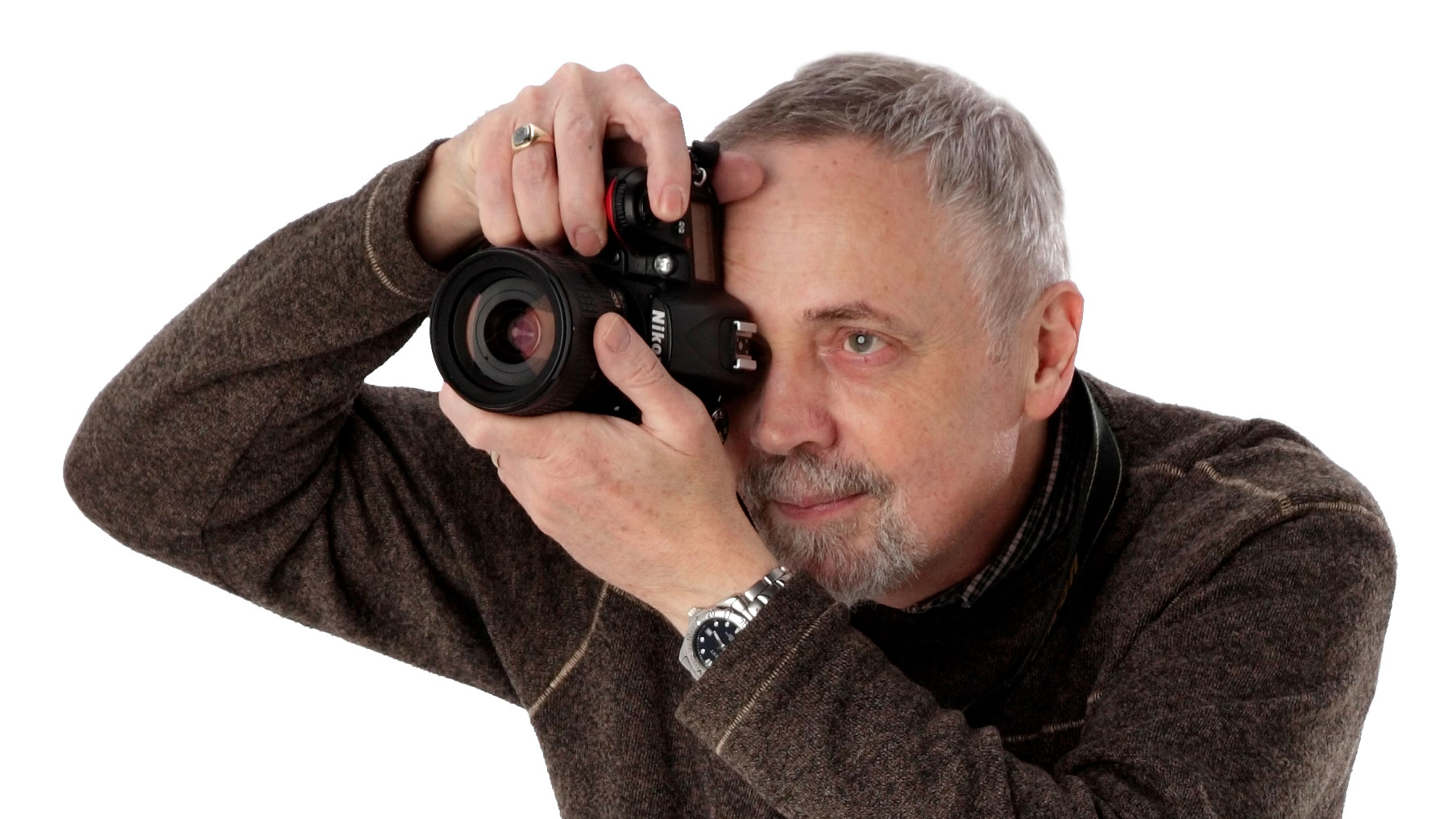
Rod is an independent photography journalist and editor, and a long-standing Digital Camera World contributor, having previously worked as DCW's Group Reviews editor. Before that he has been technique editor on N-Photo, Head of Testing for the photography division and Camera Channel editor on TechRadar, as well as contributing to many other publications. He has been writing about photography technique, photo editing and digital cameras since they first appeared, and before that began his career writing about film photography. He has used and reviewed practically every interchangeable lens camera launched in the past 20 years, from entry-level DSLRs to medium format cameras, together with lenses, tripods, gimbals, light meters, camera bags and more. Rod has his own camera gear blog at fotovolo.com but also writes about photo-editing applications and techniques at lifeafterphotoshop.com
- Matthew Richards
- Adam WaringGuides Editor
